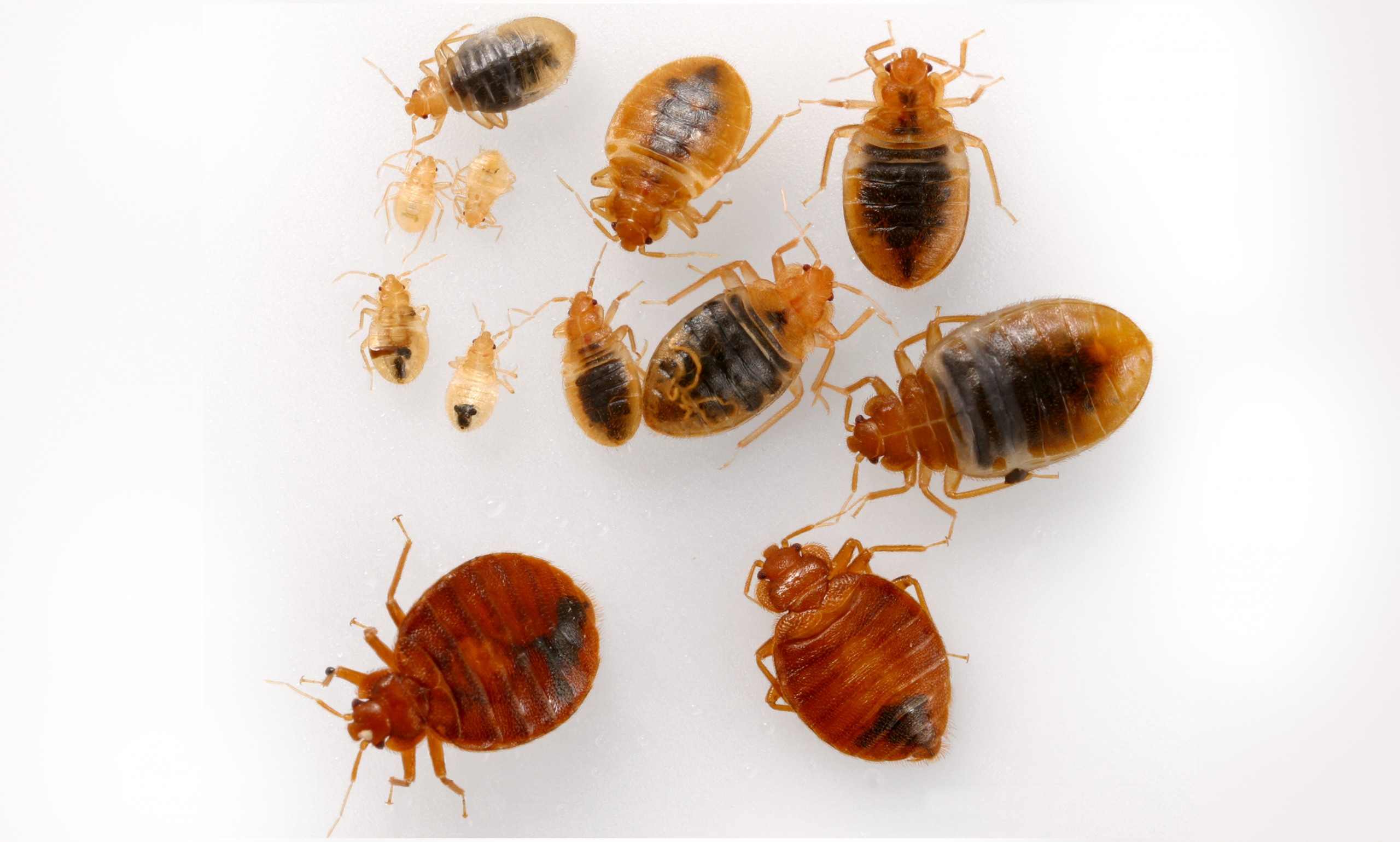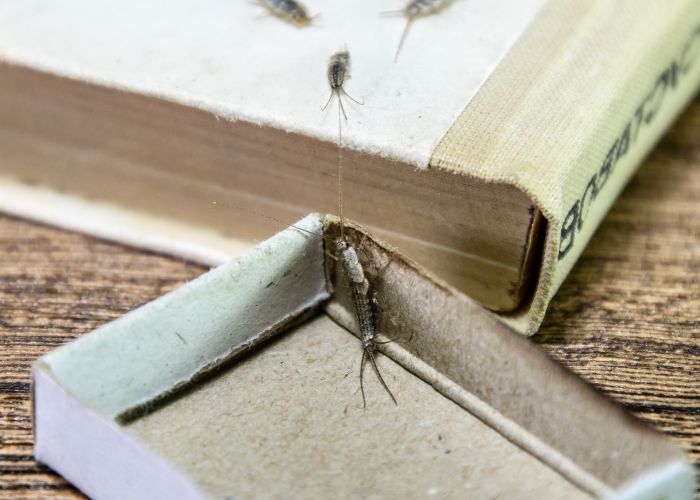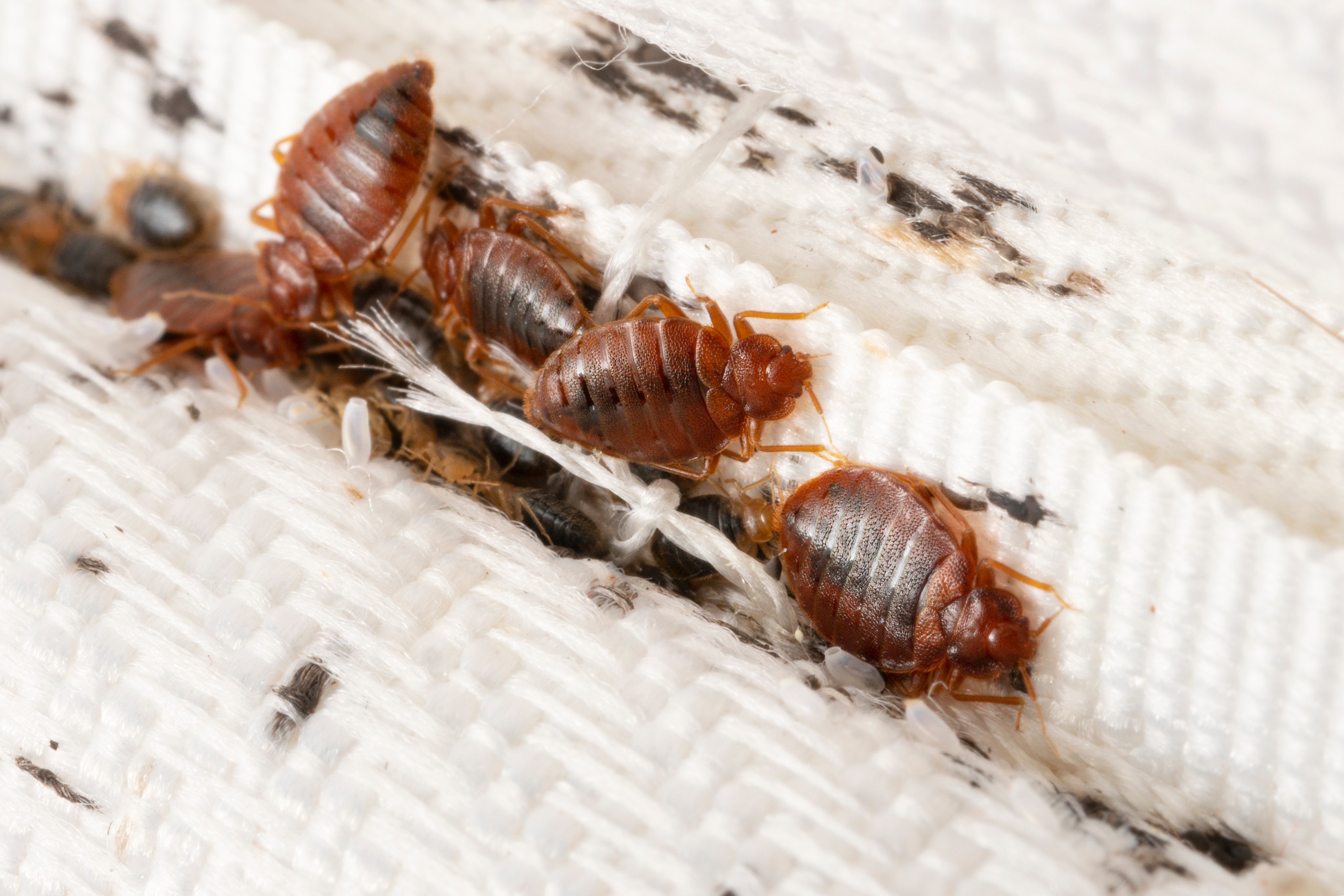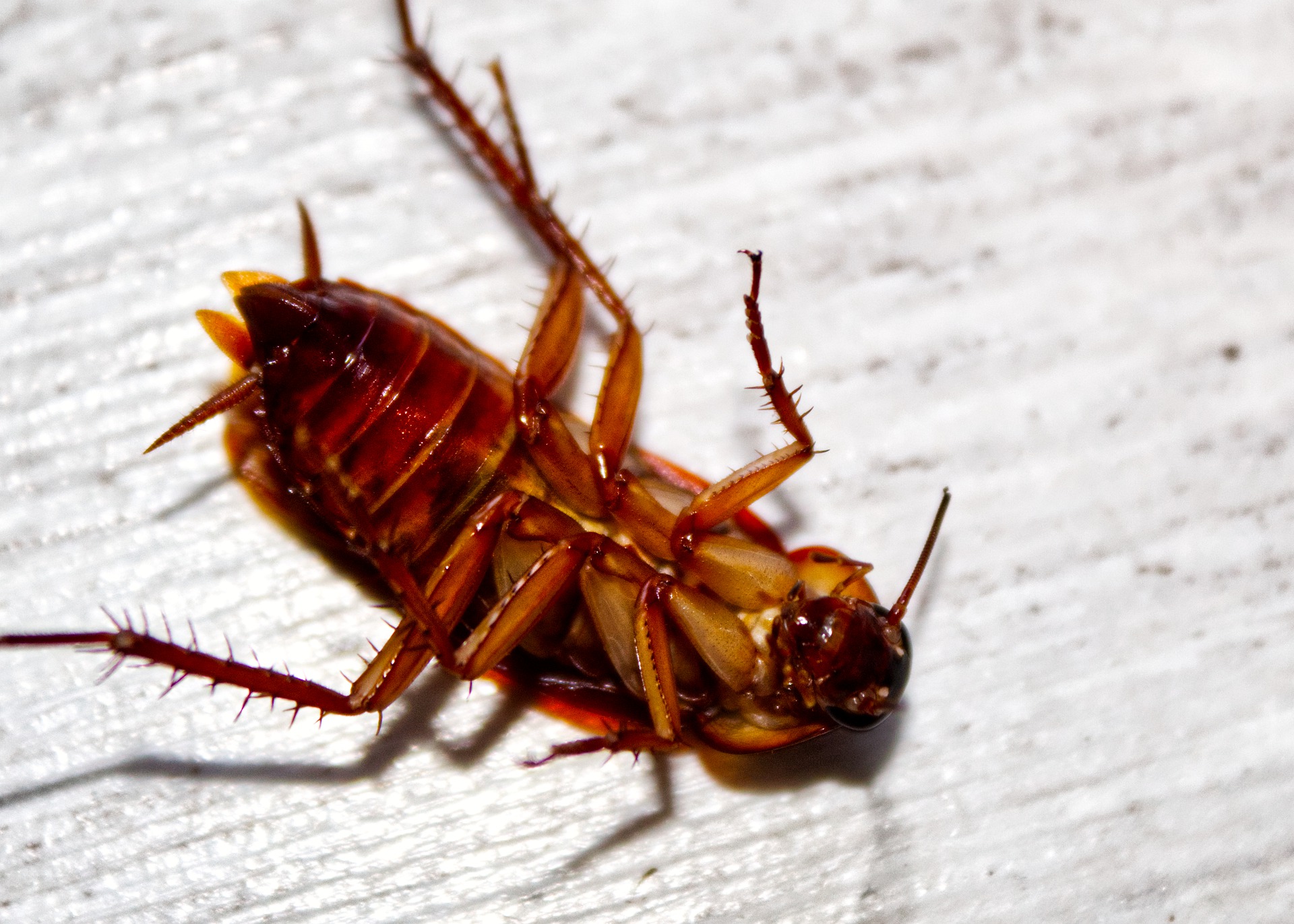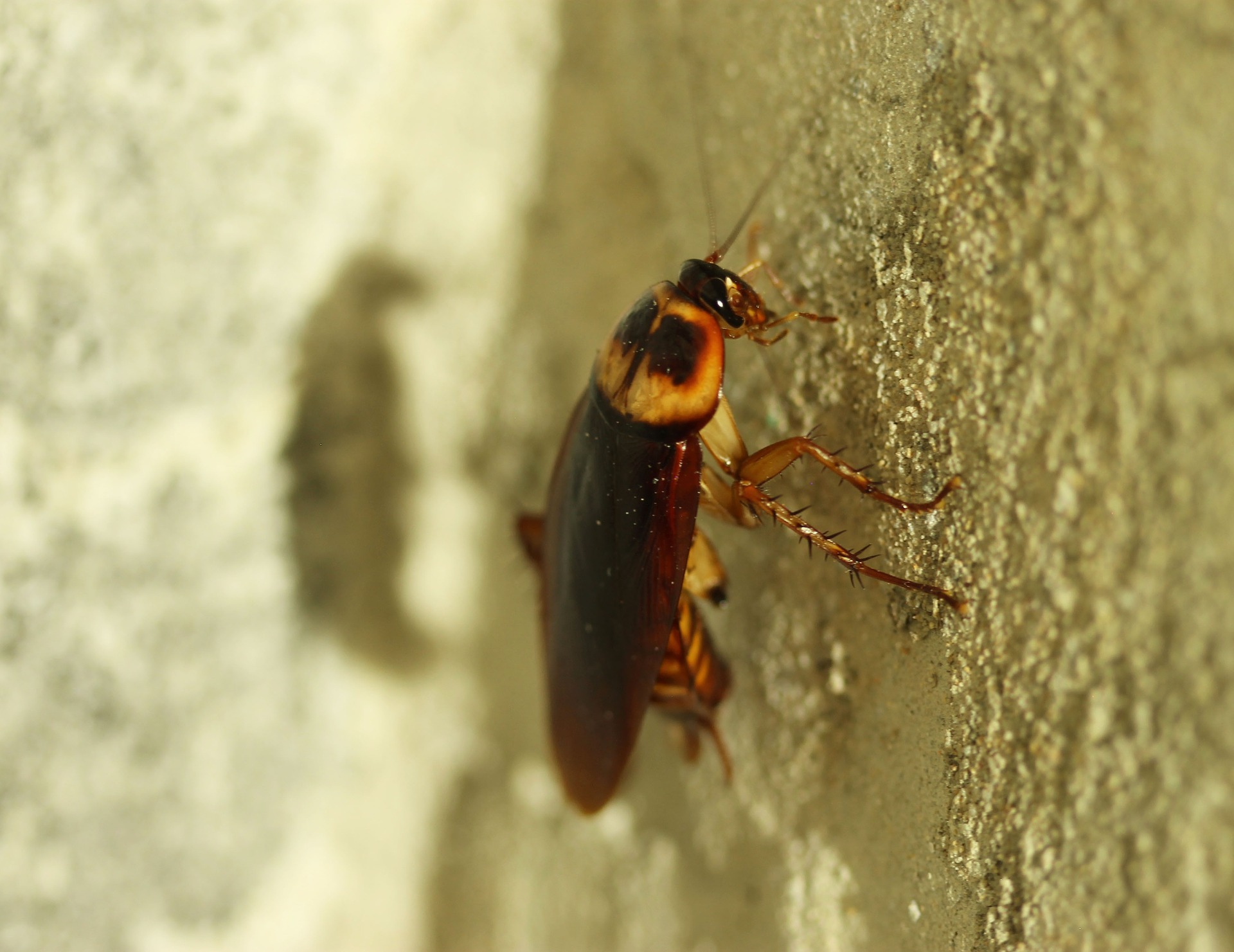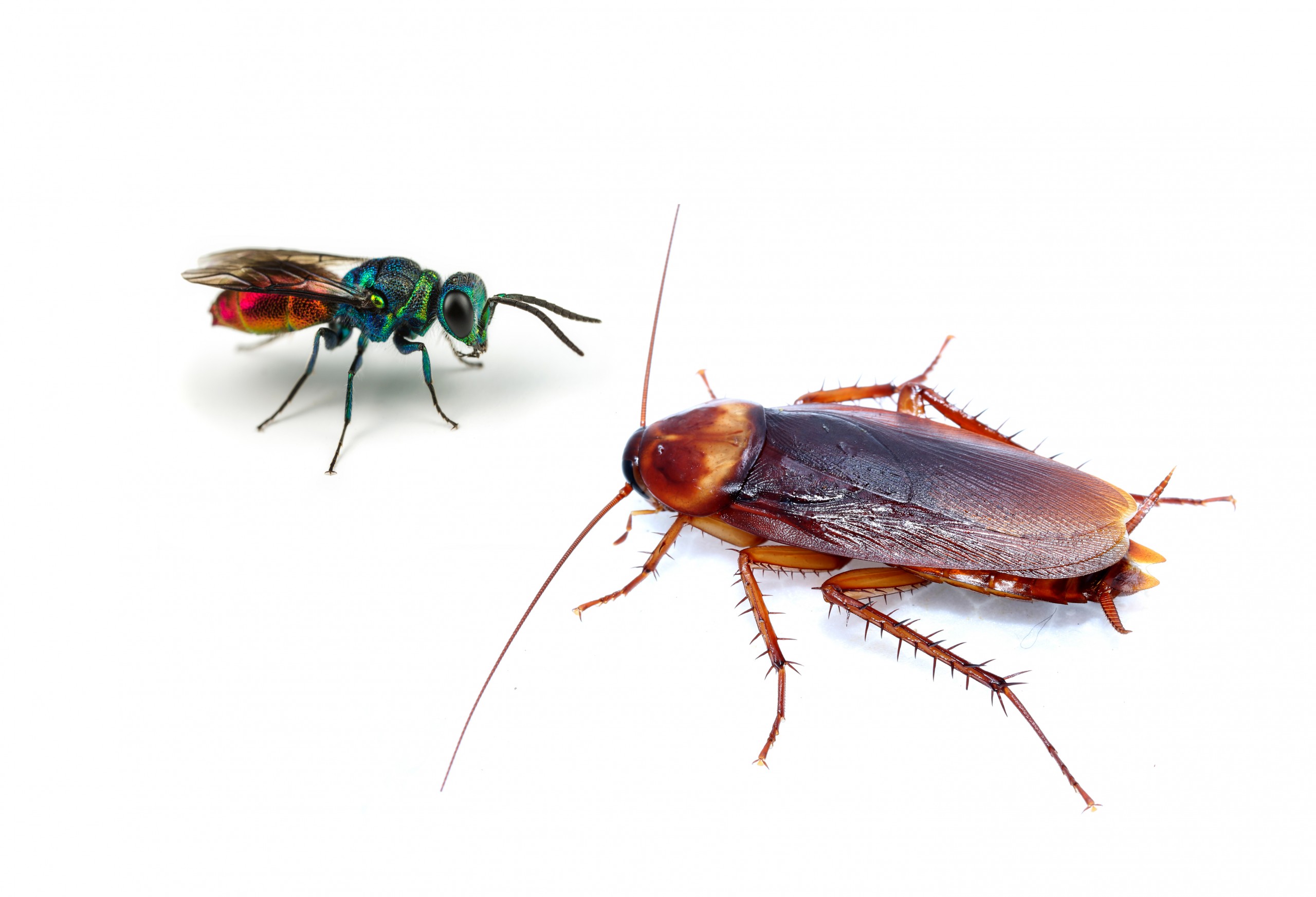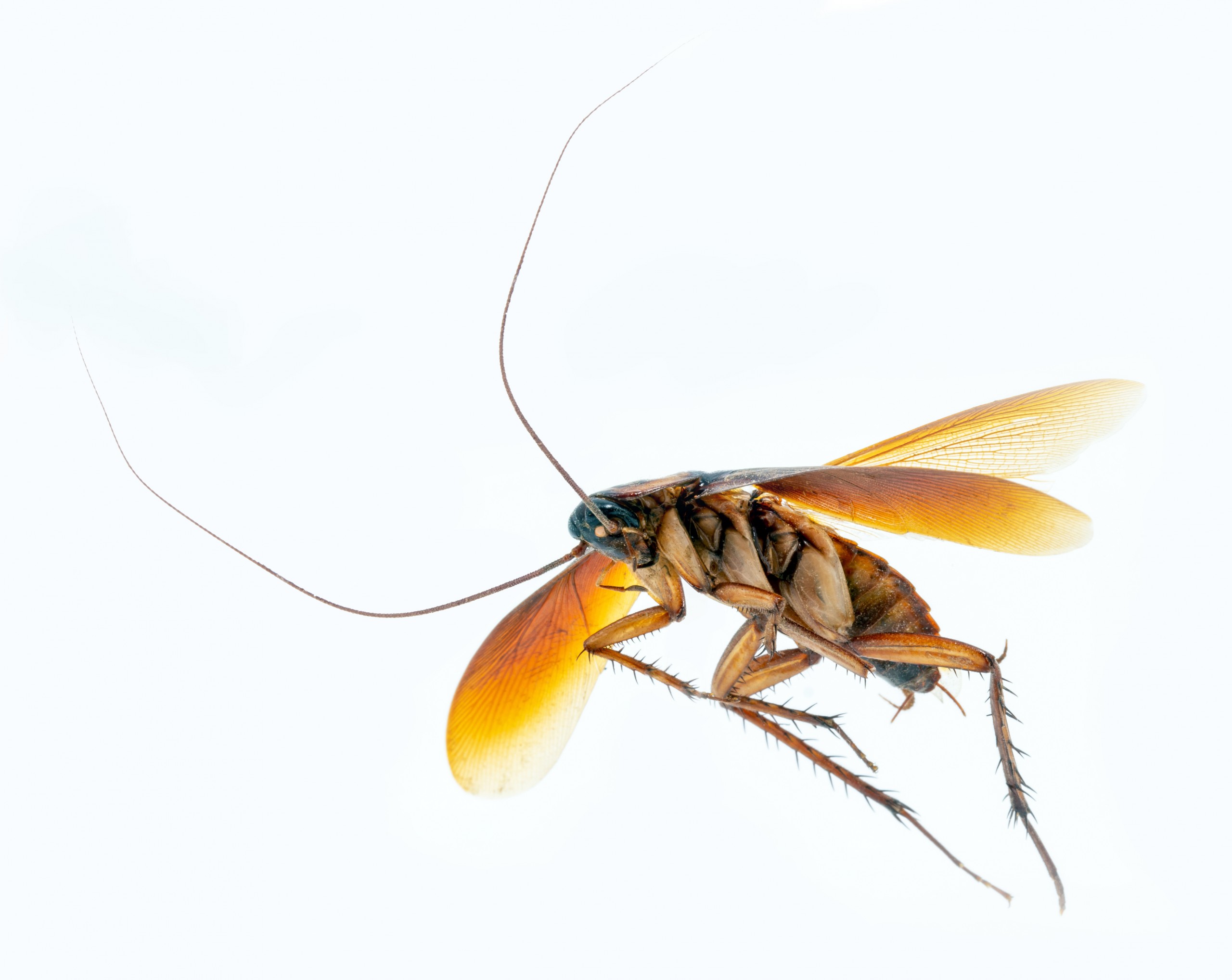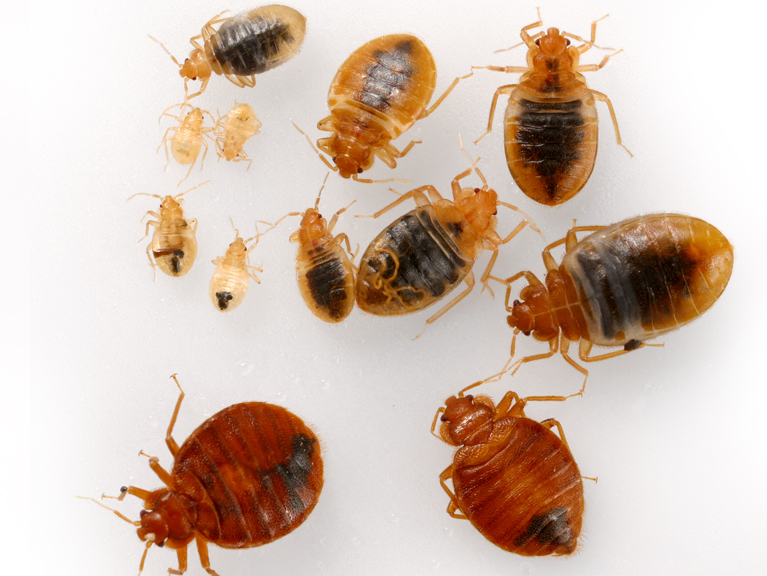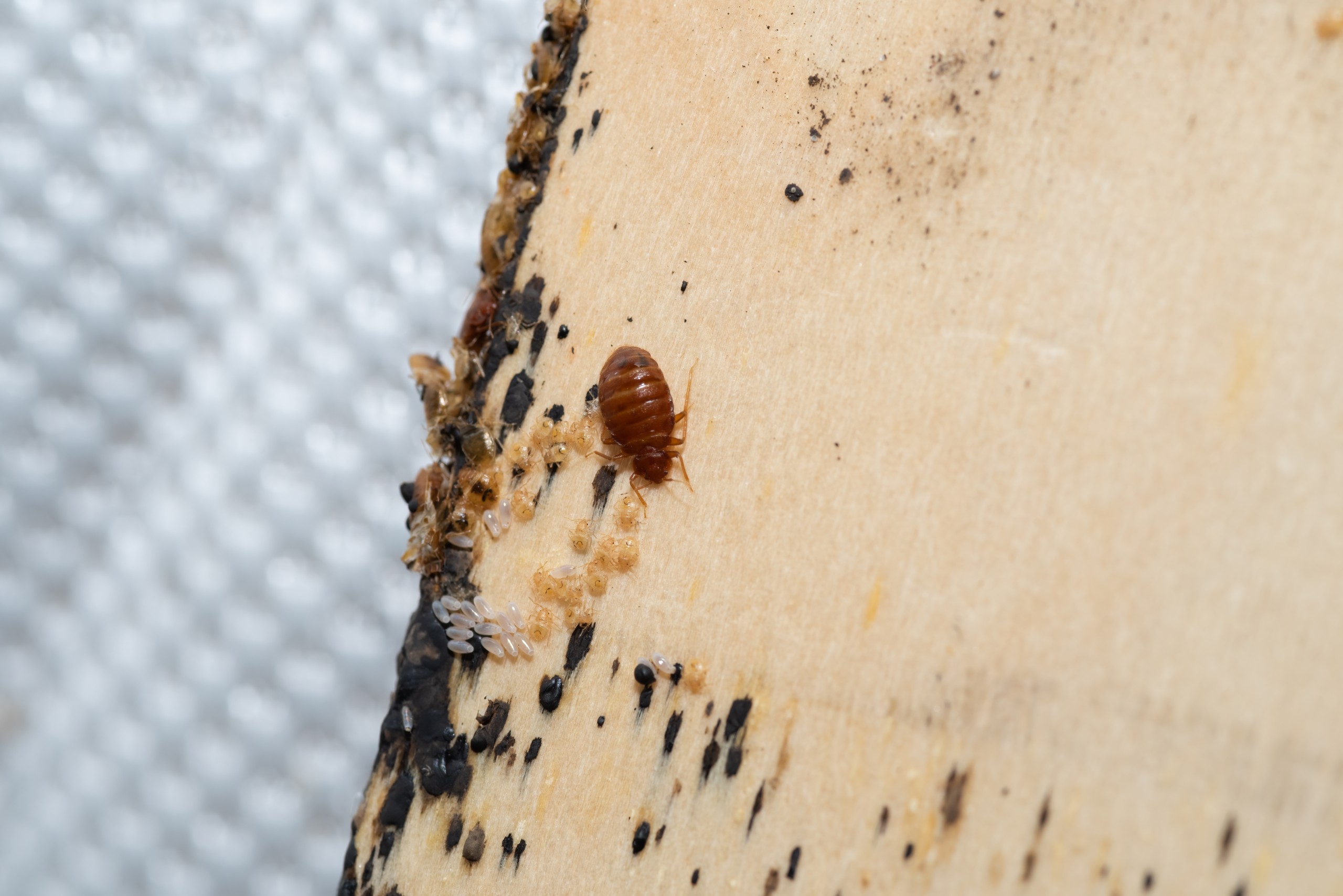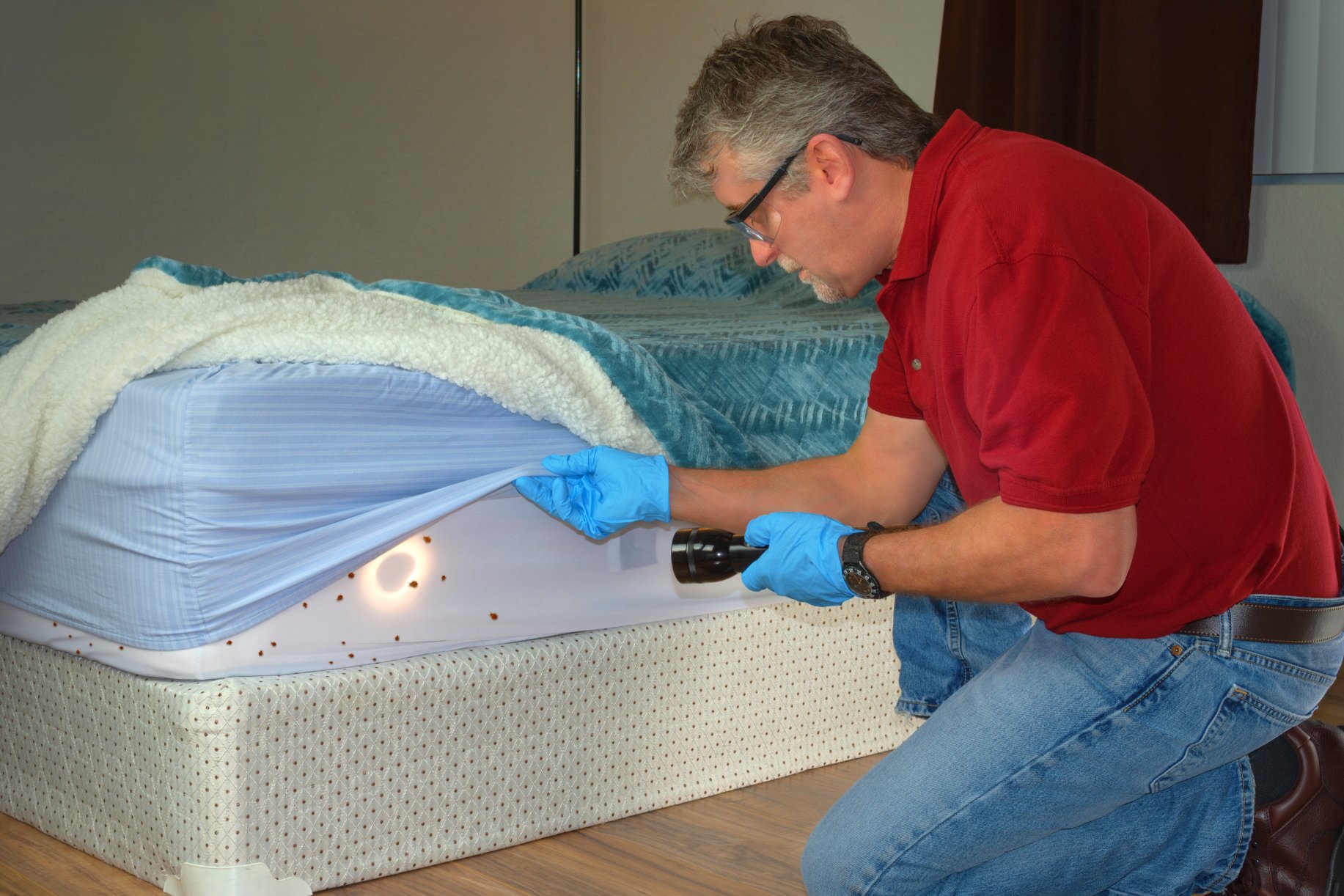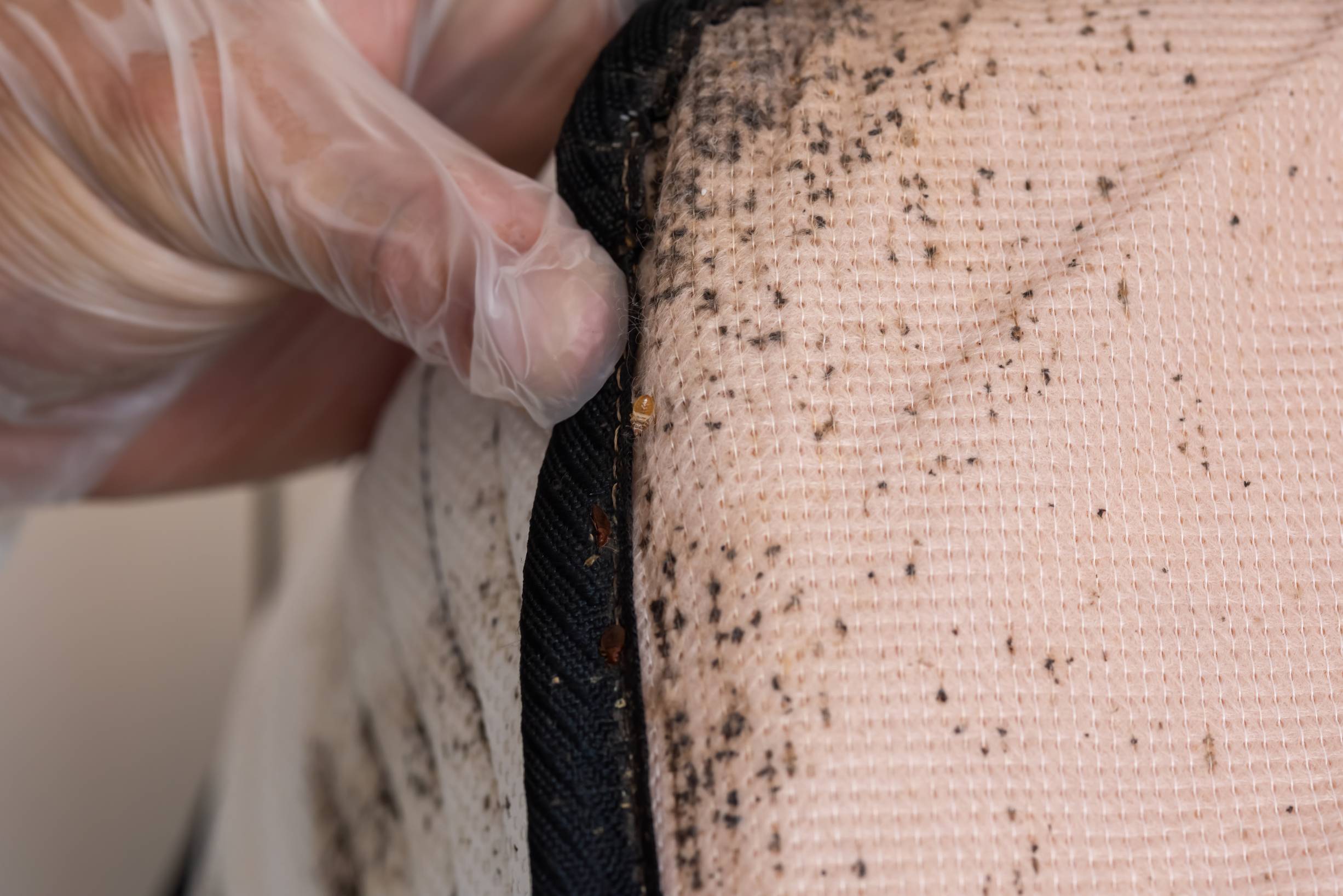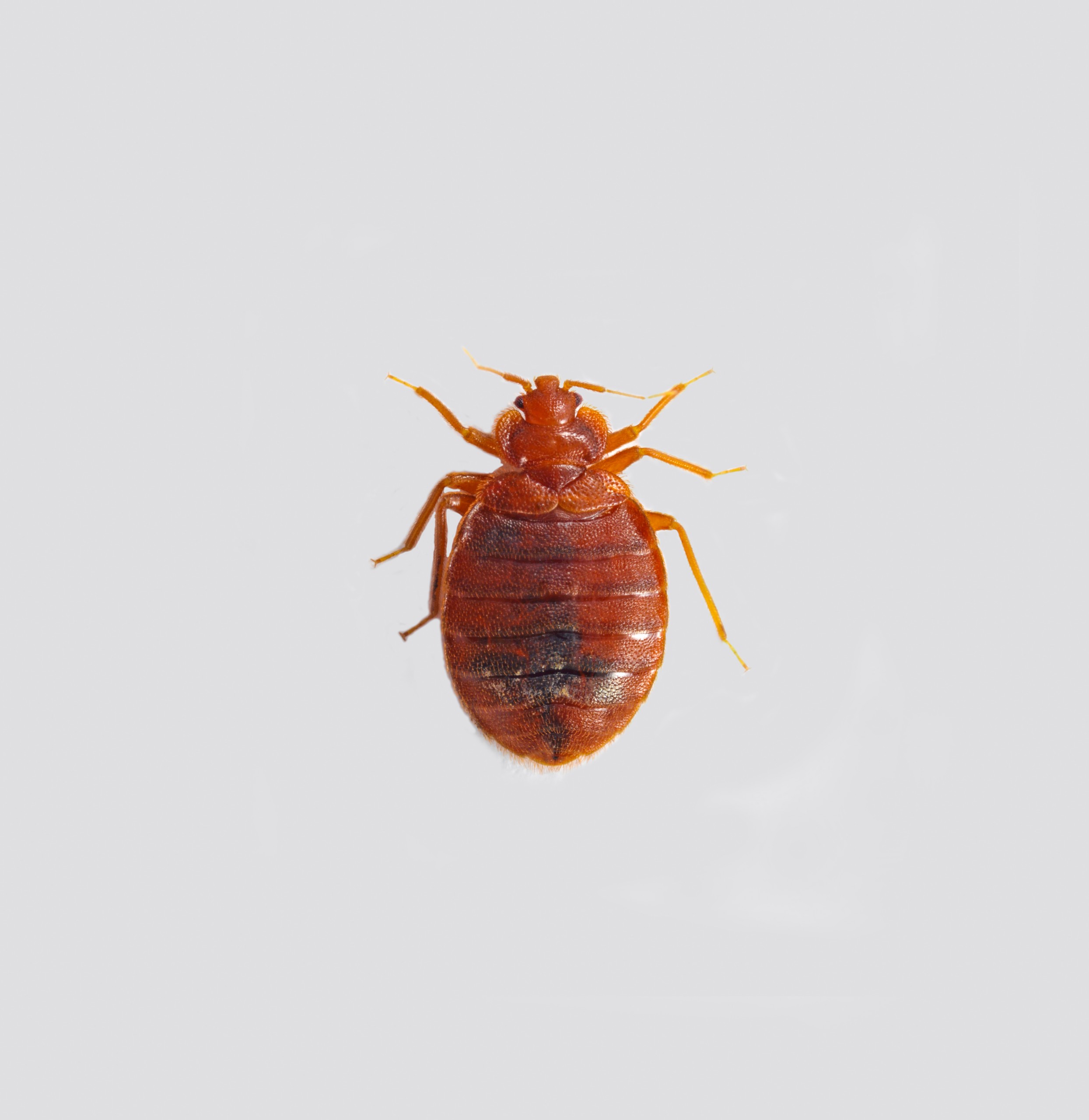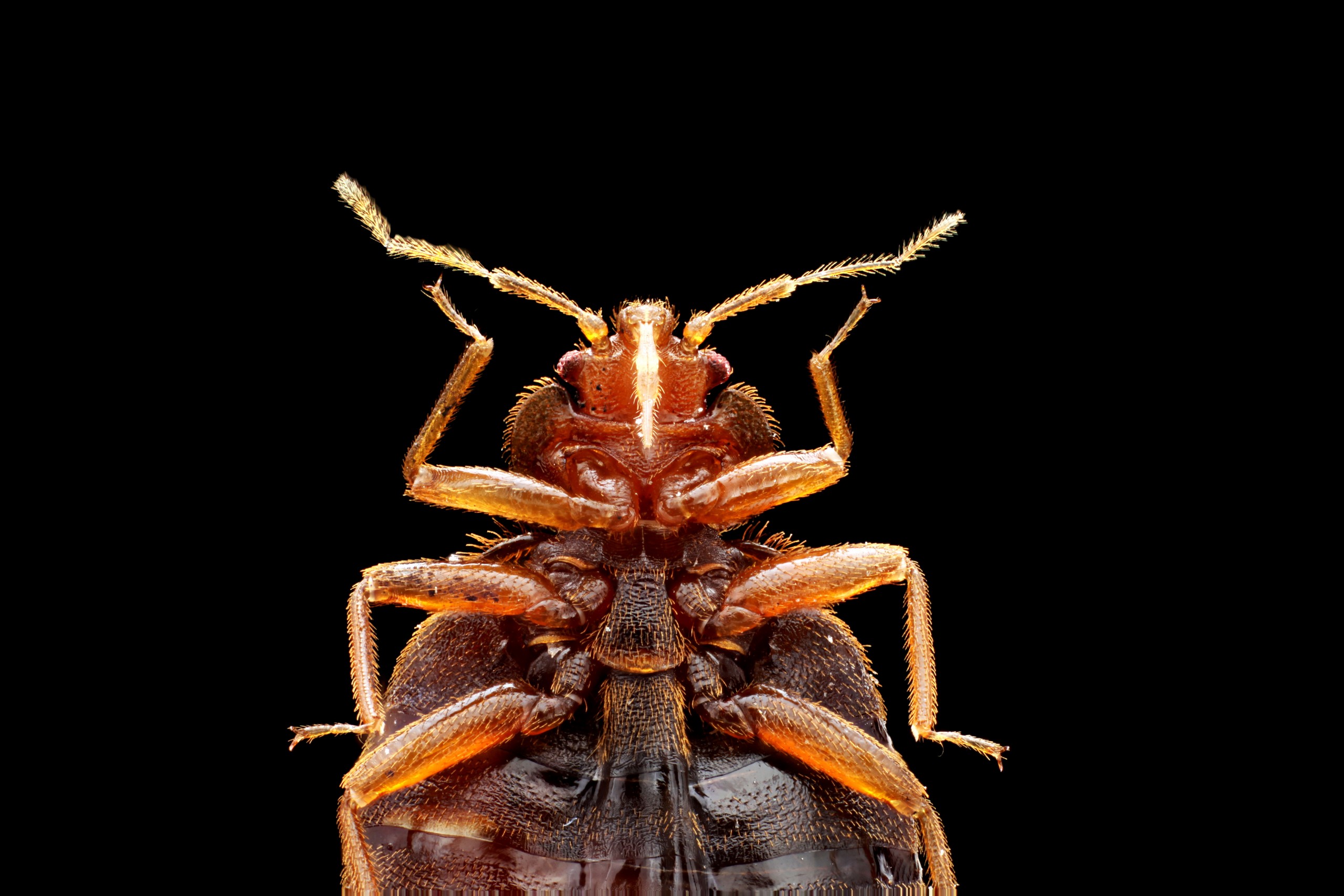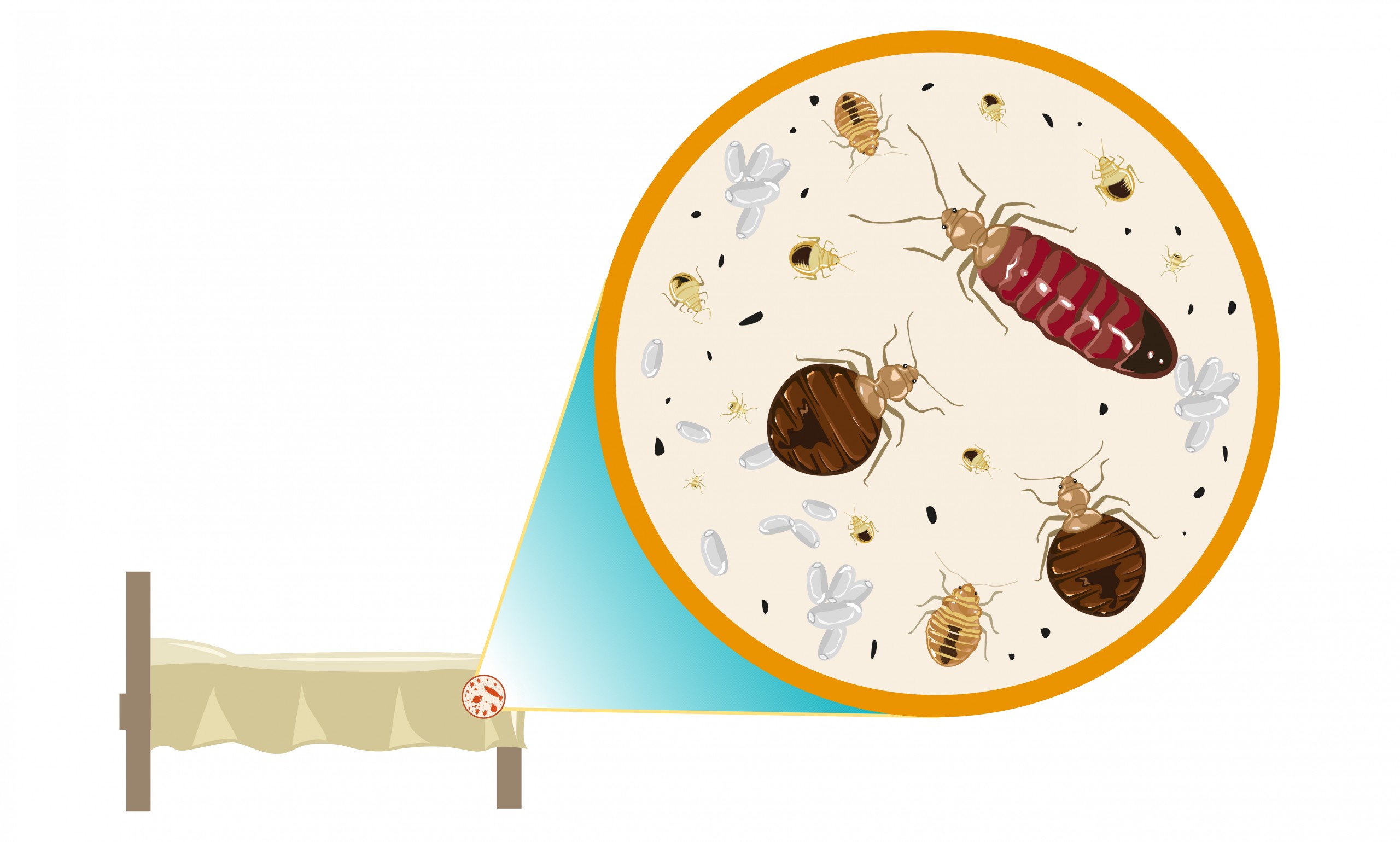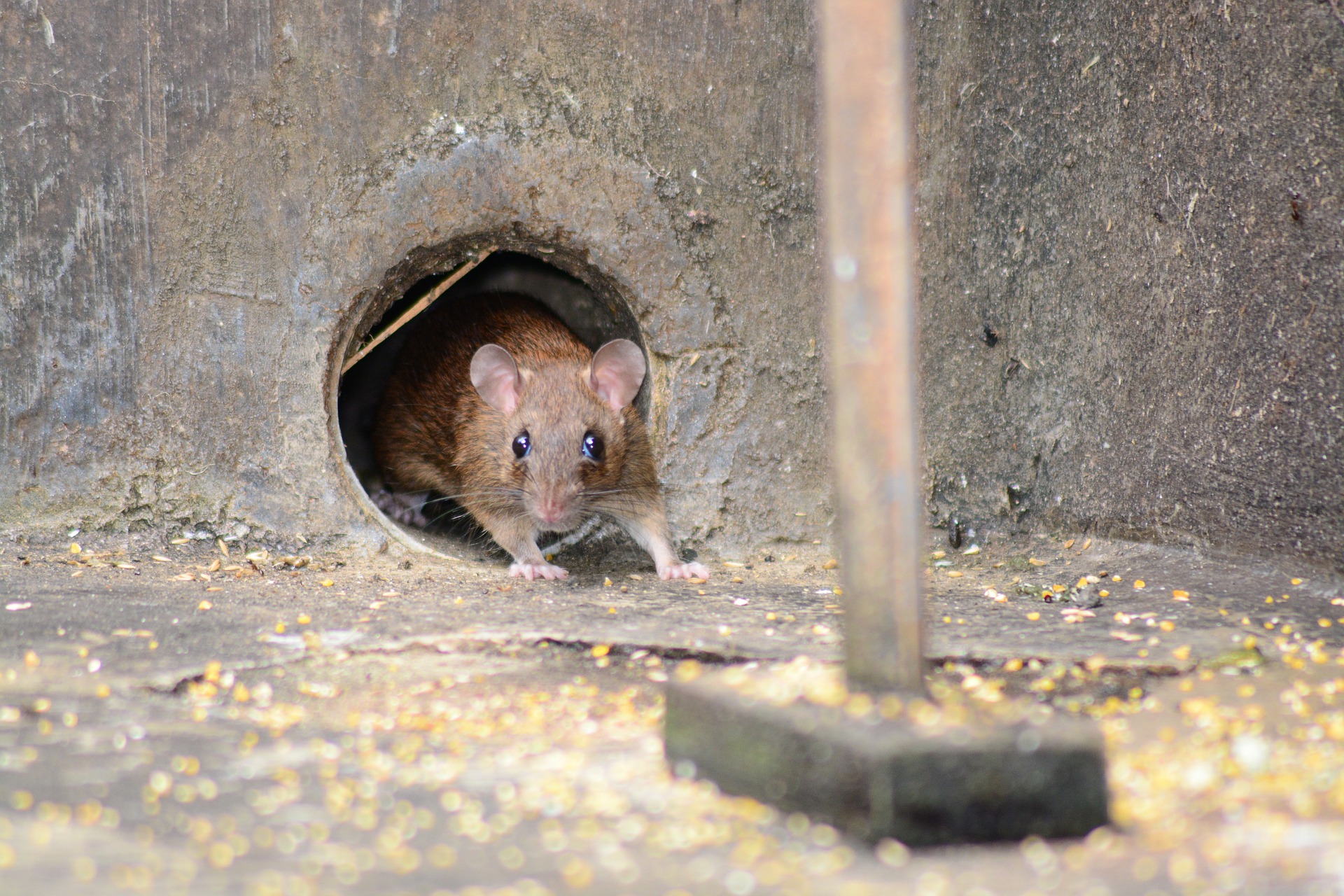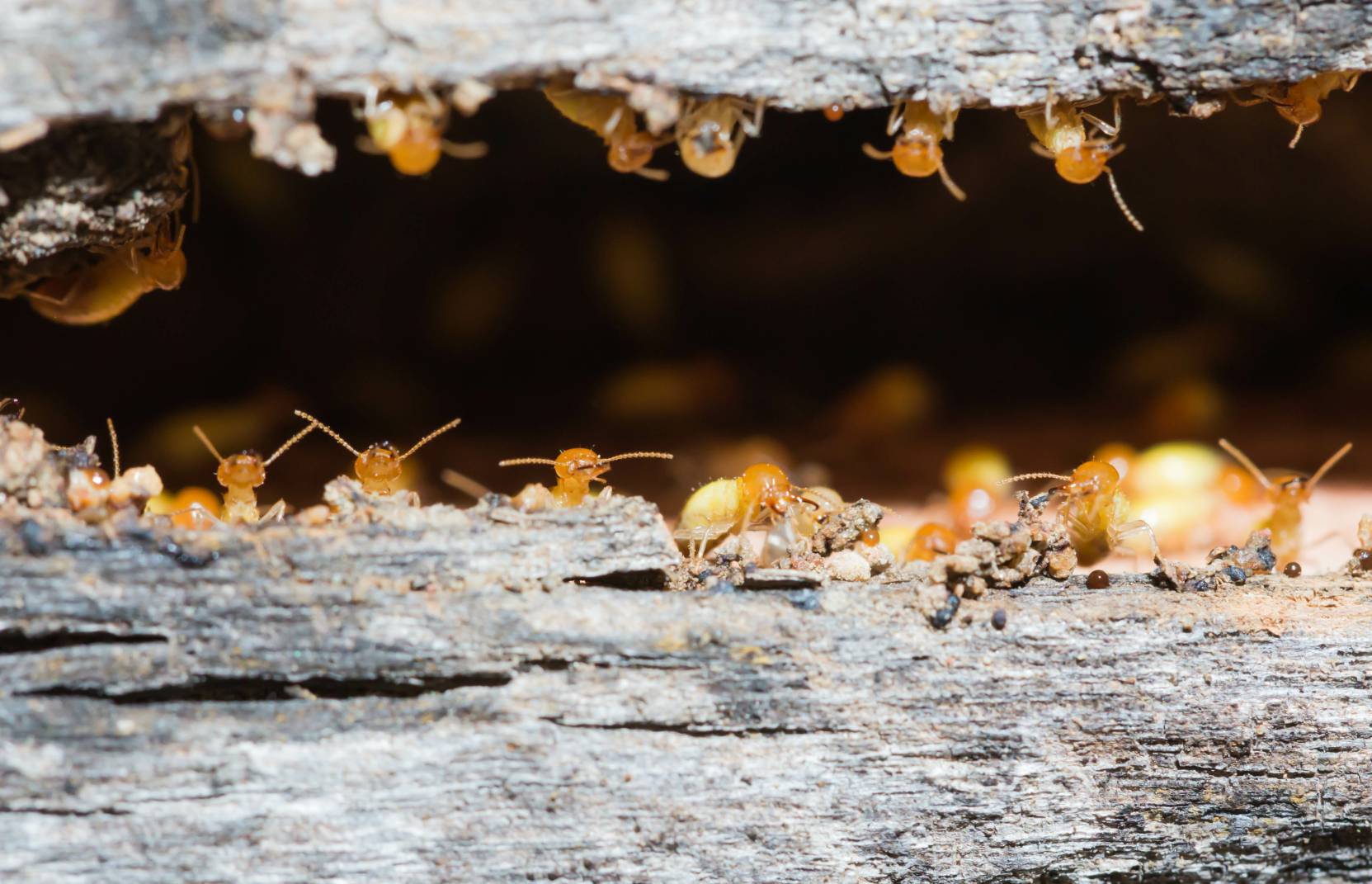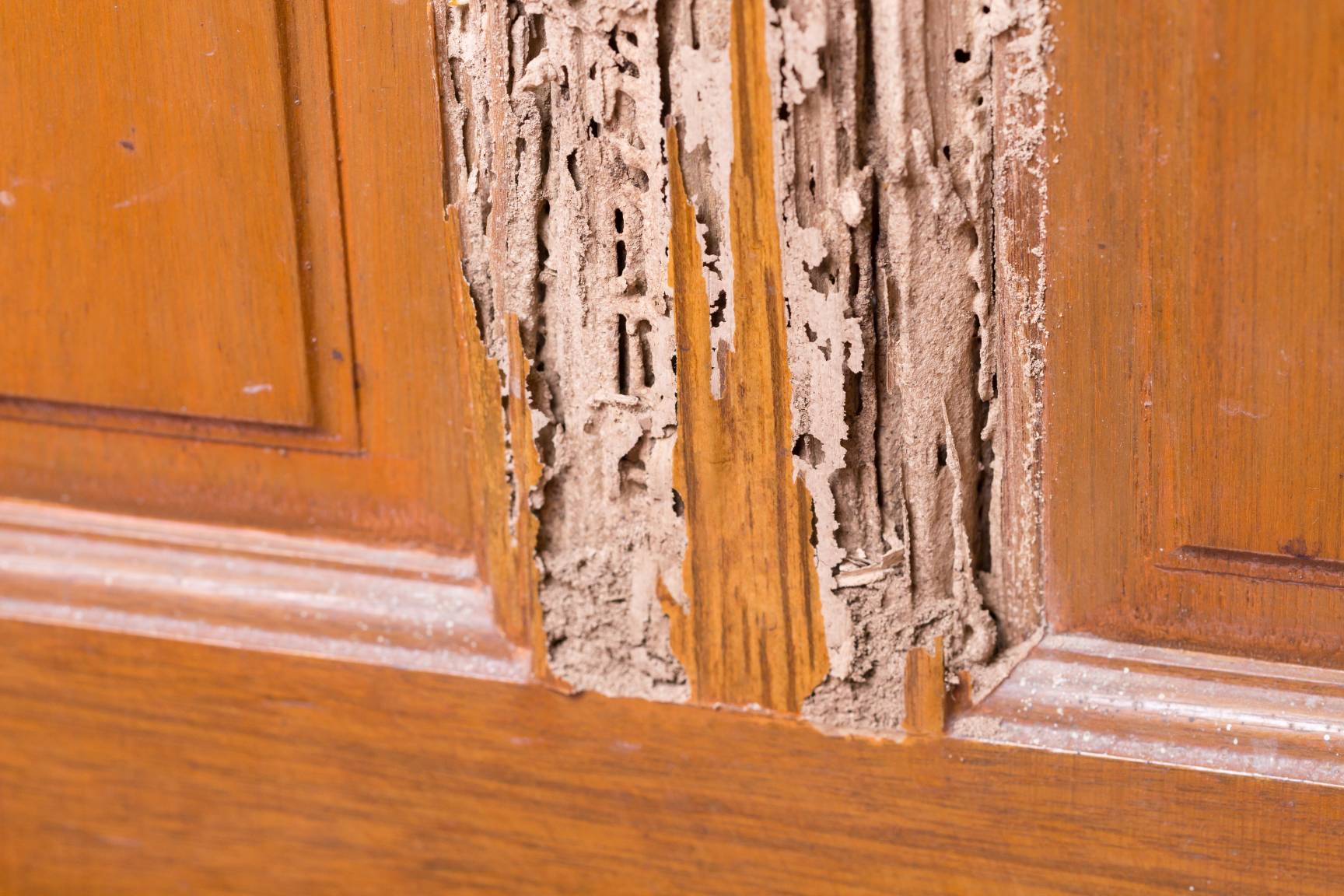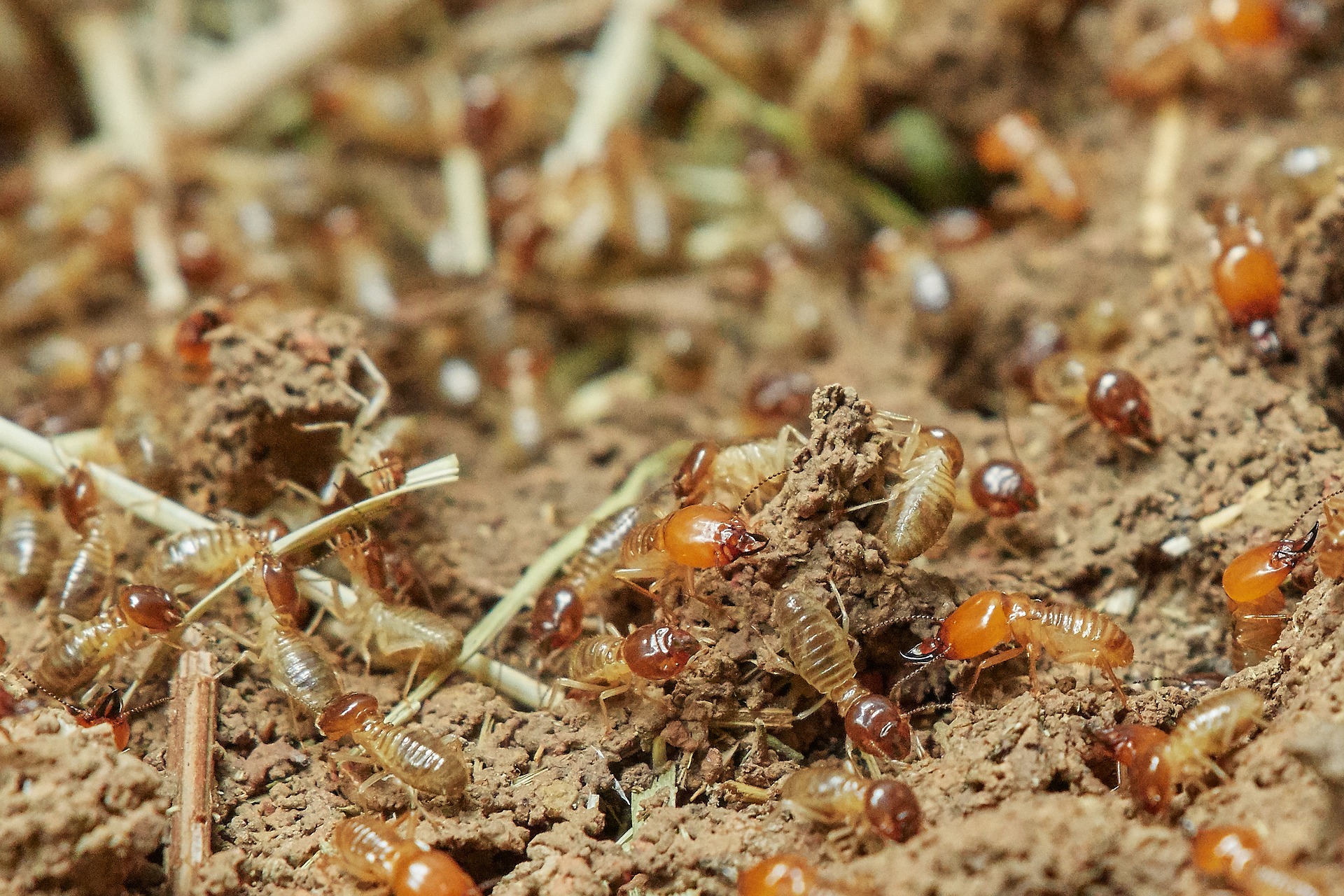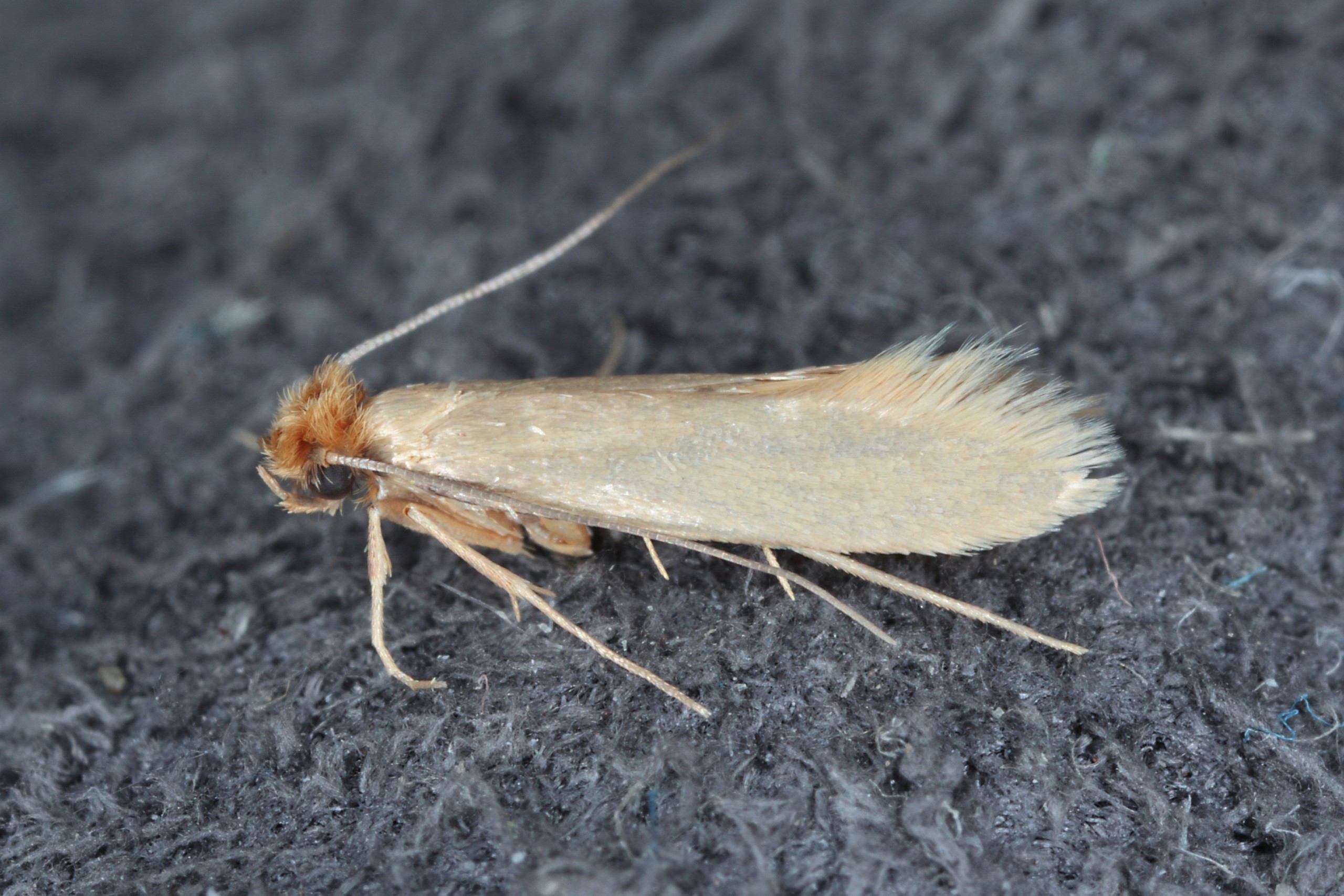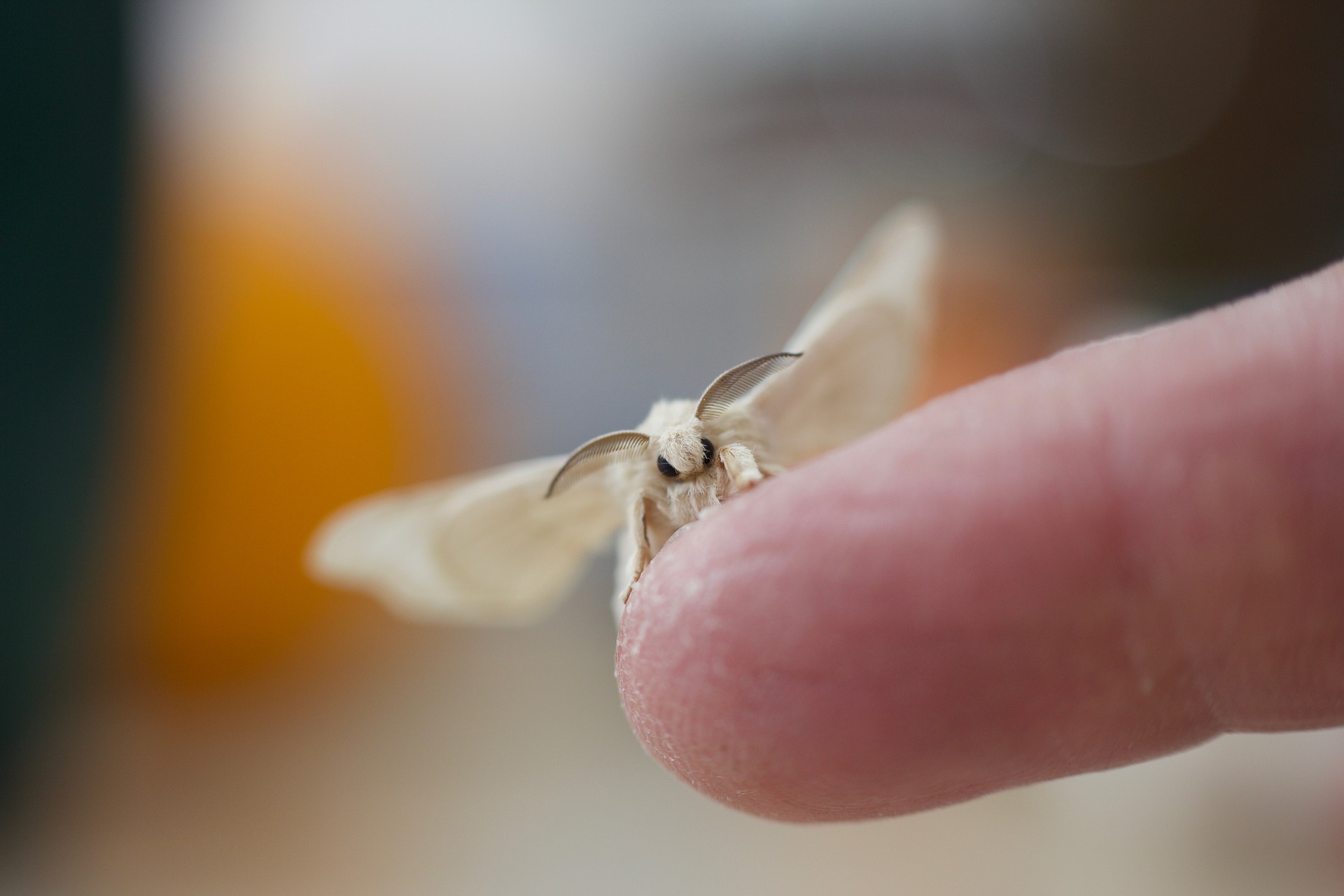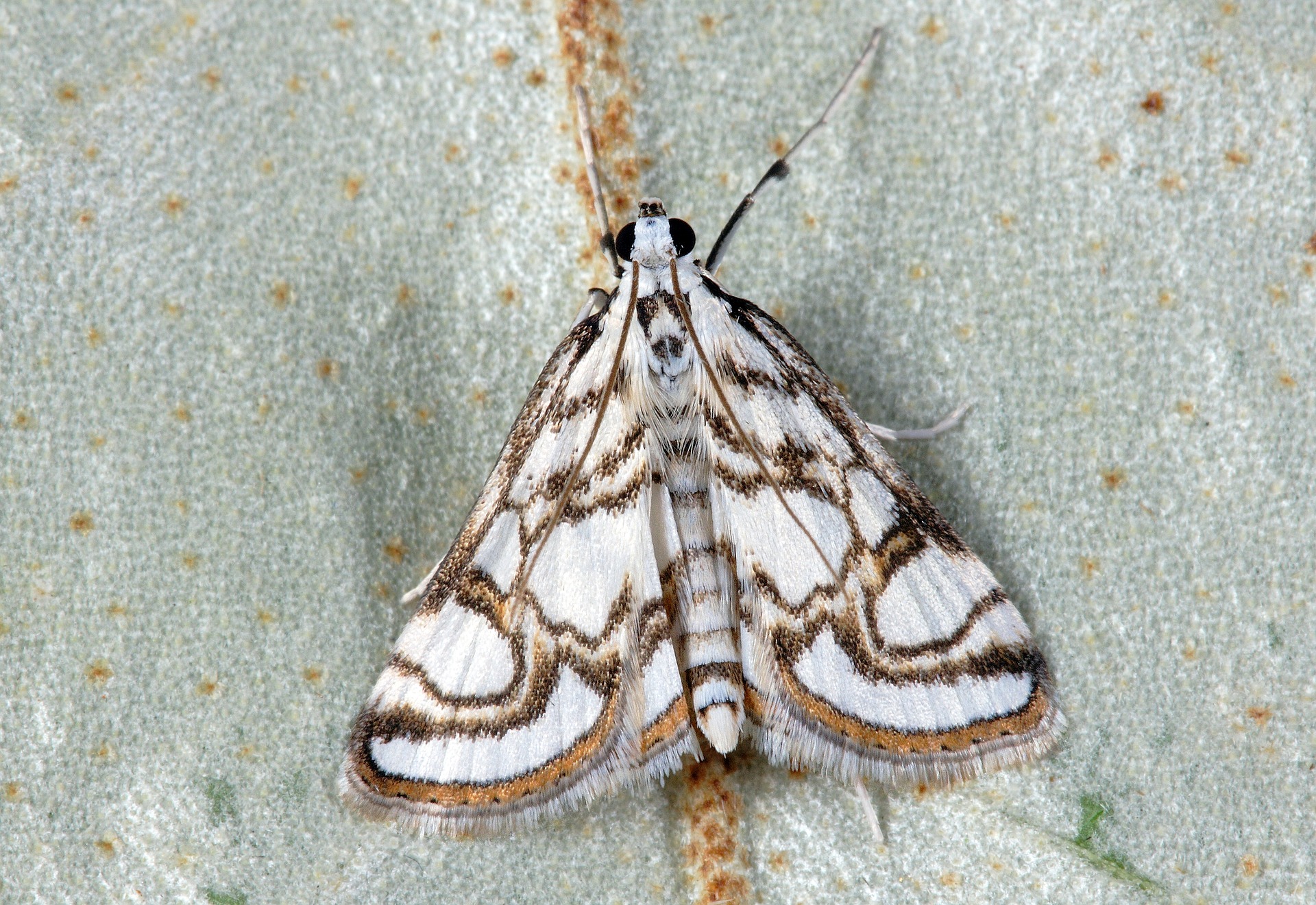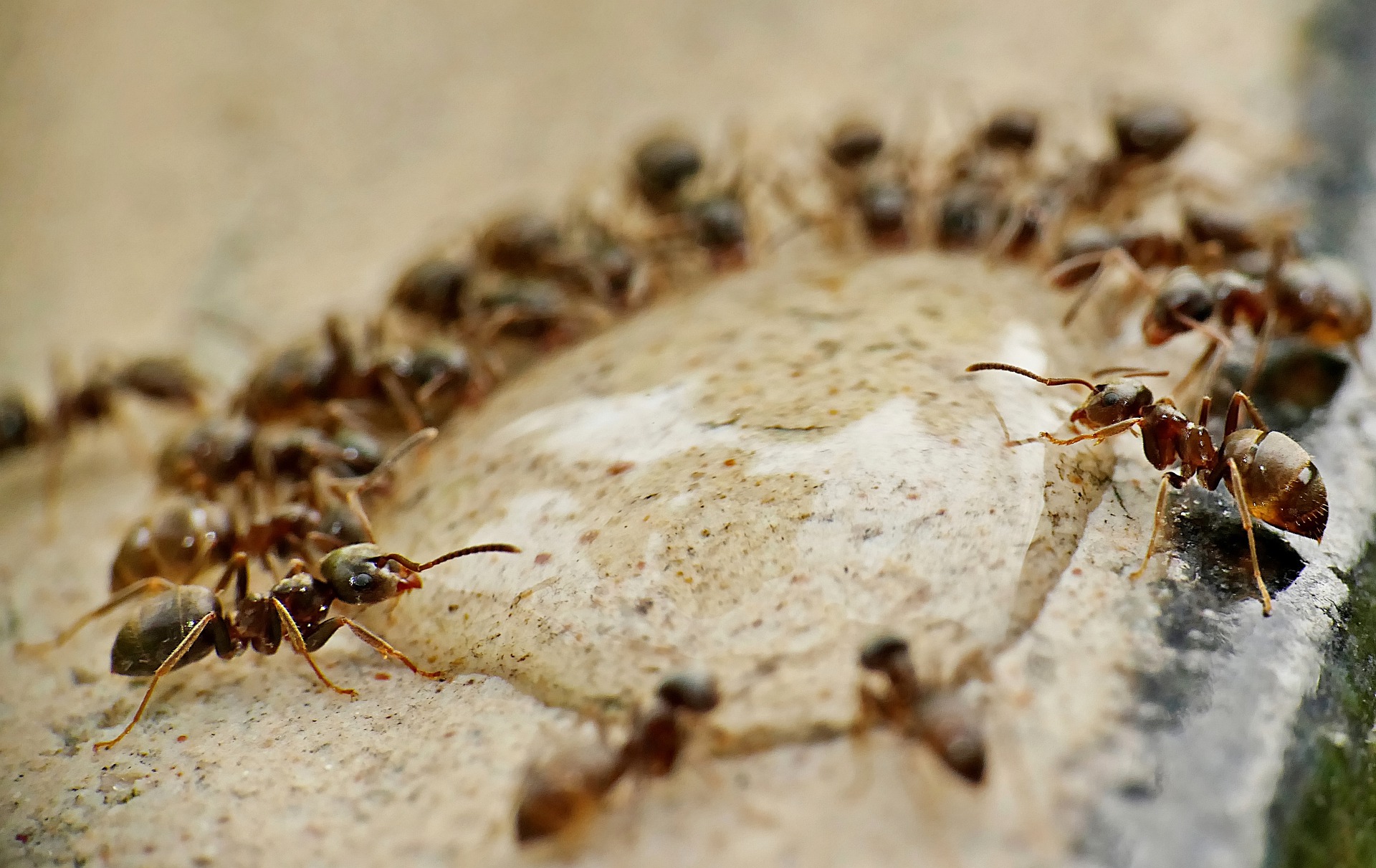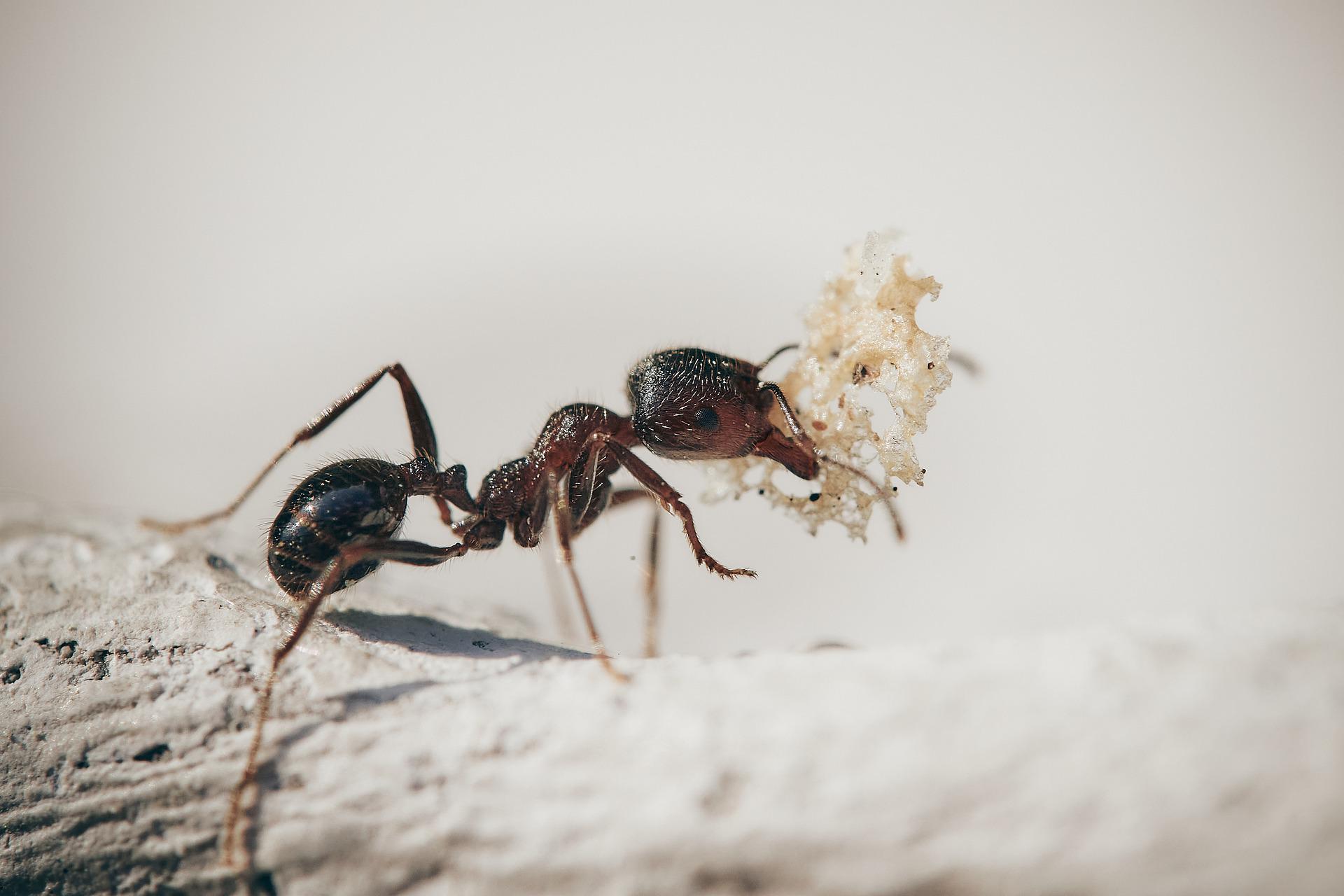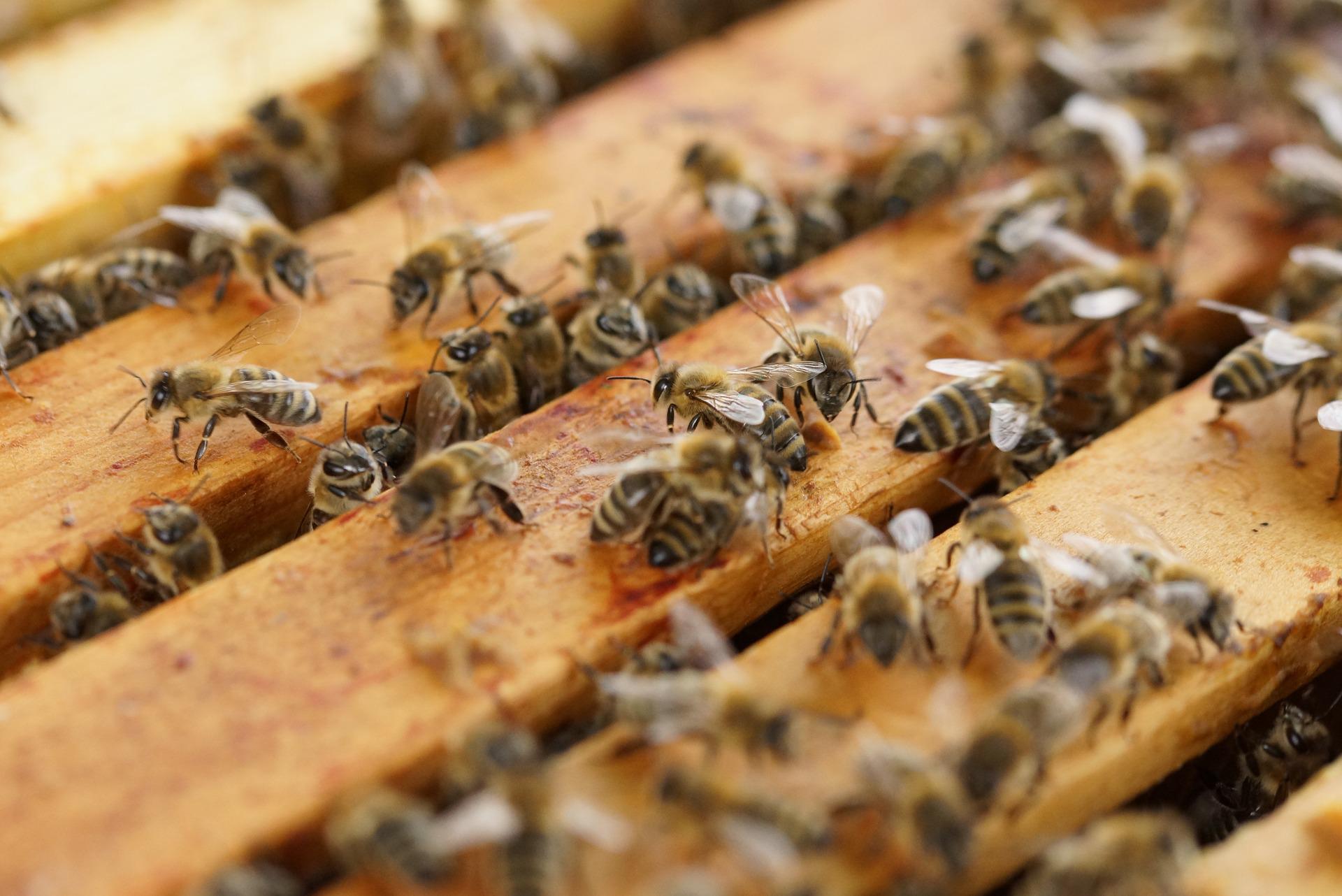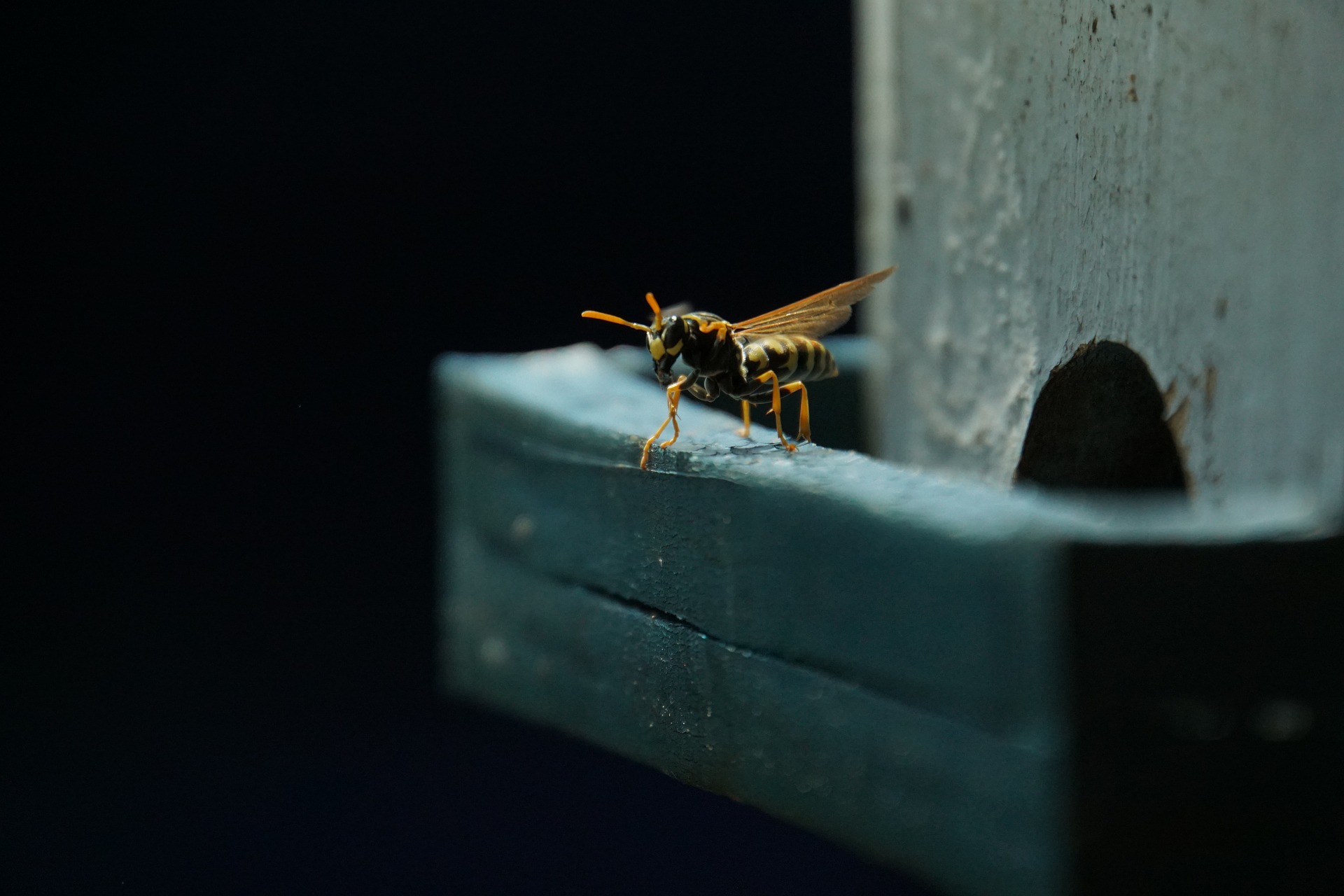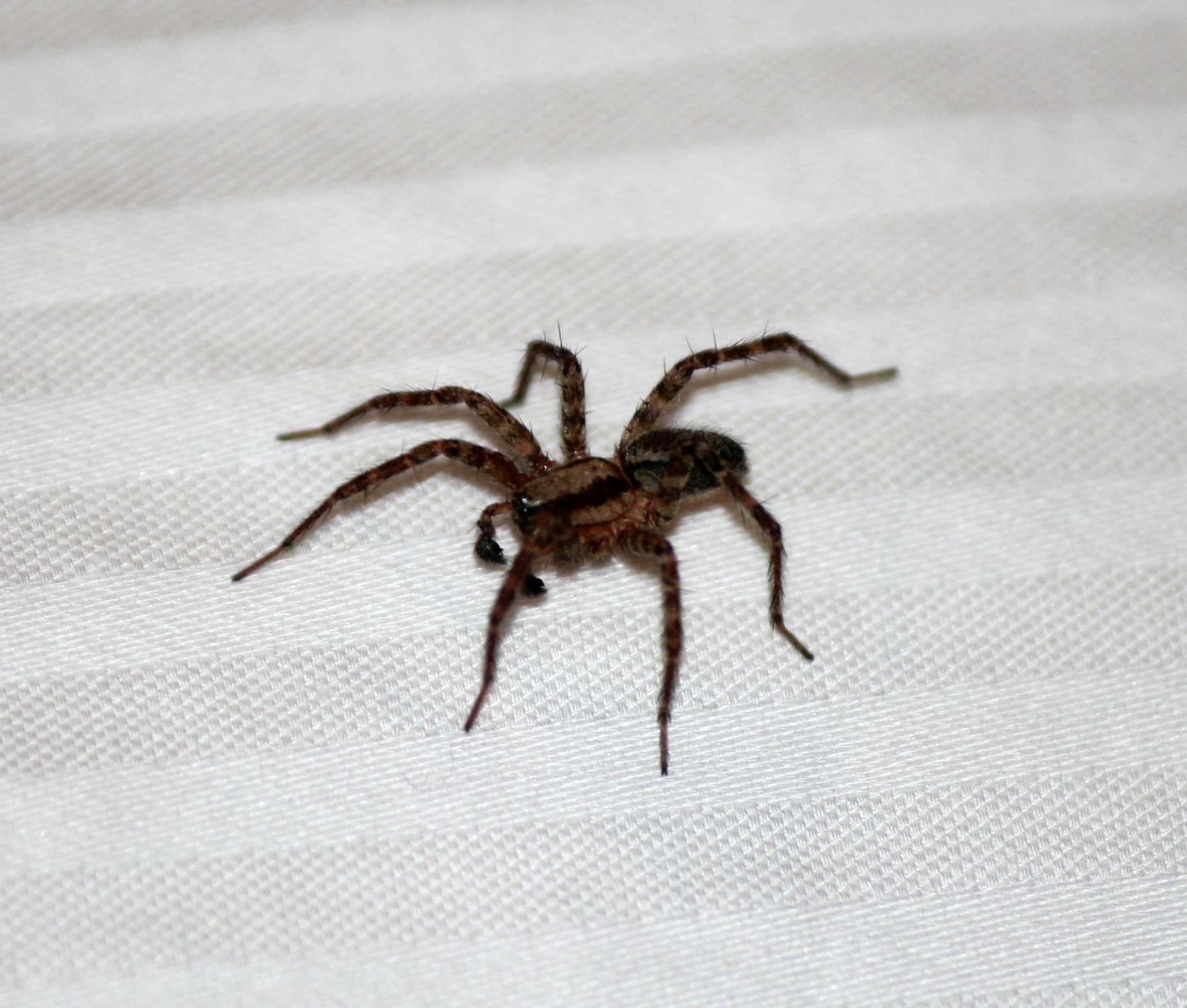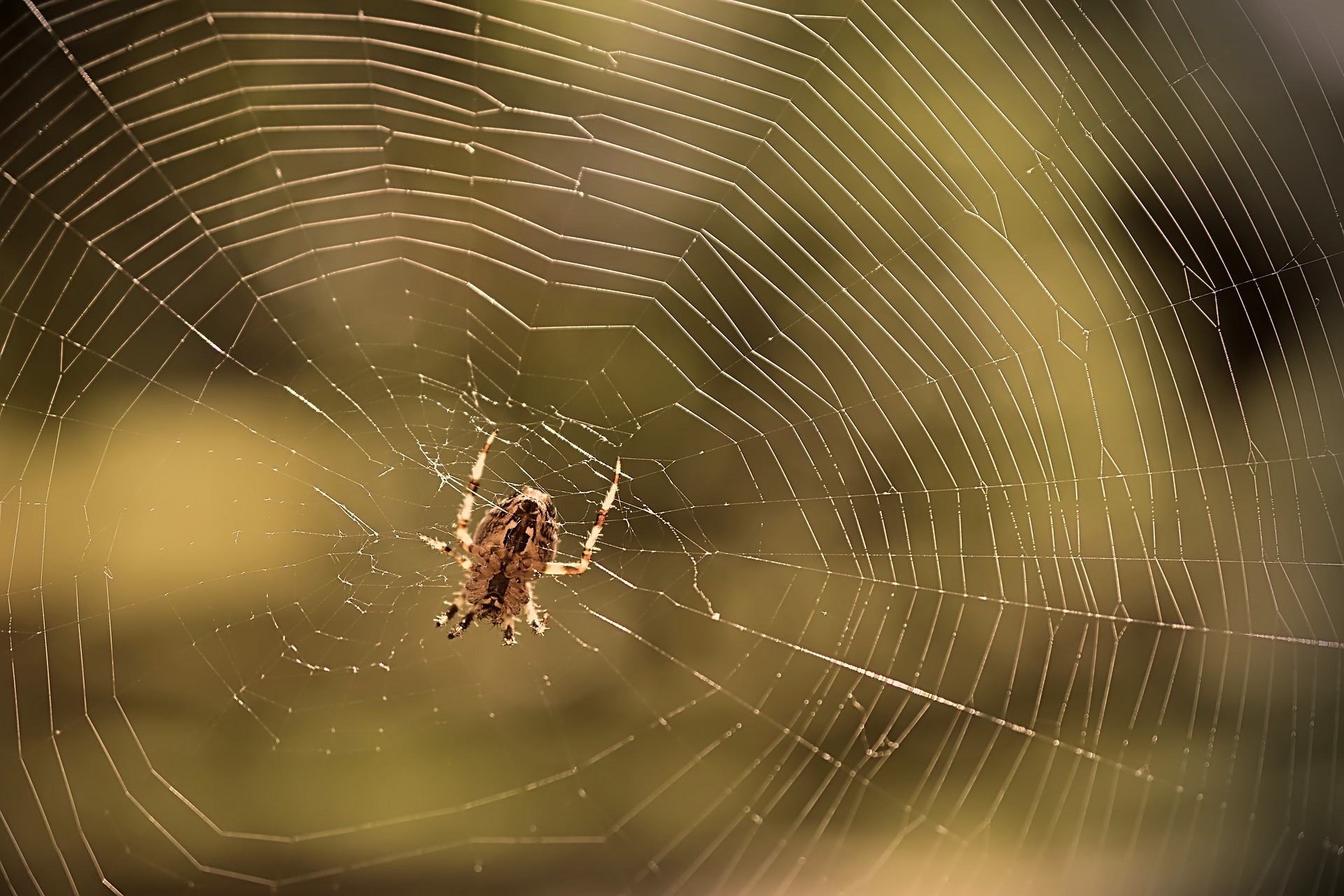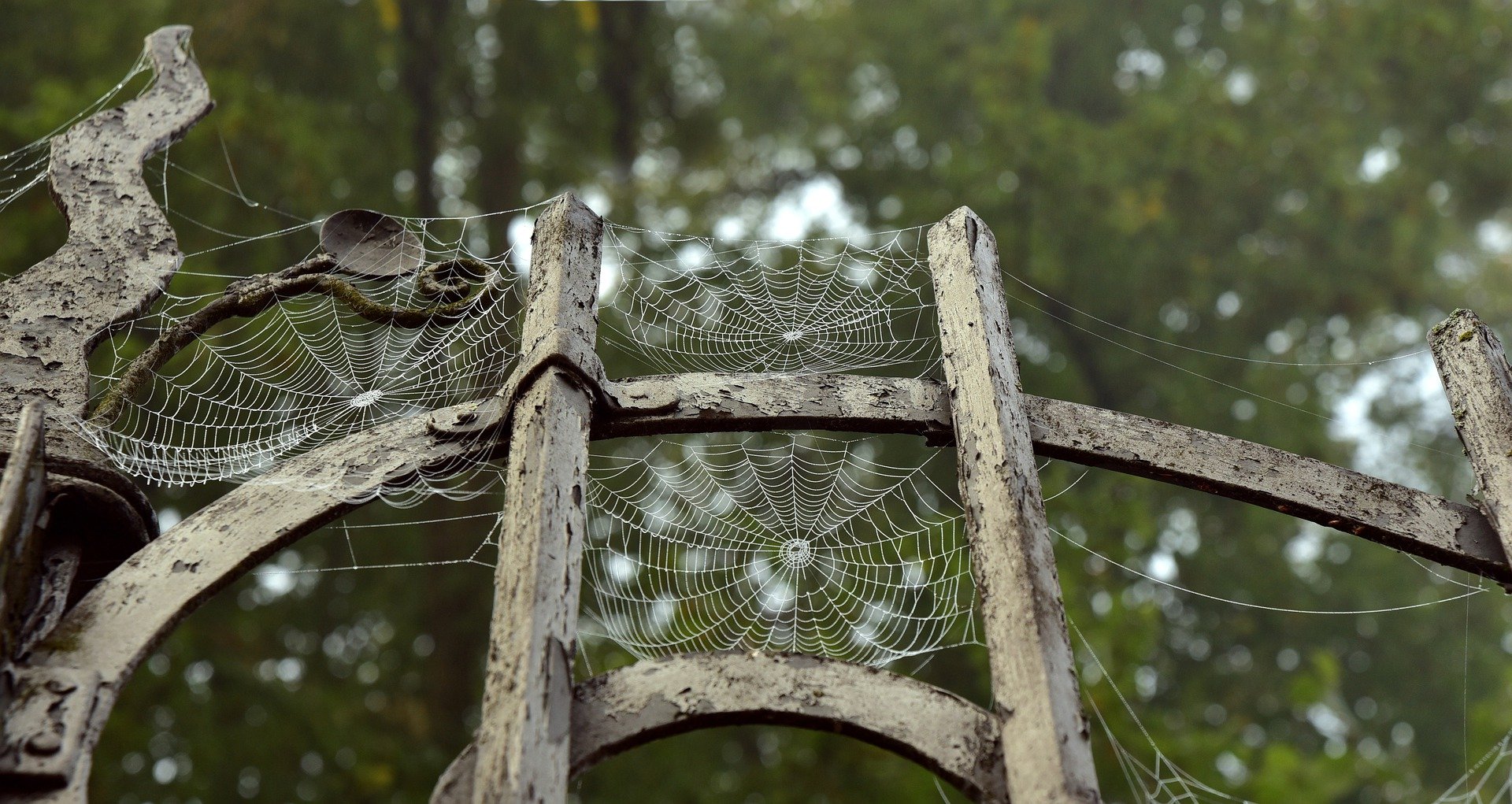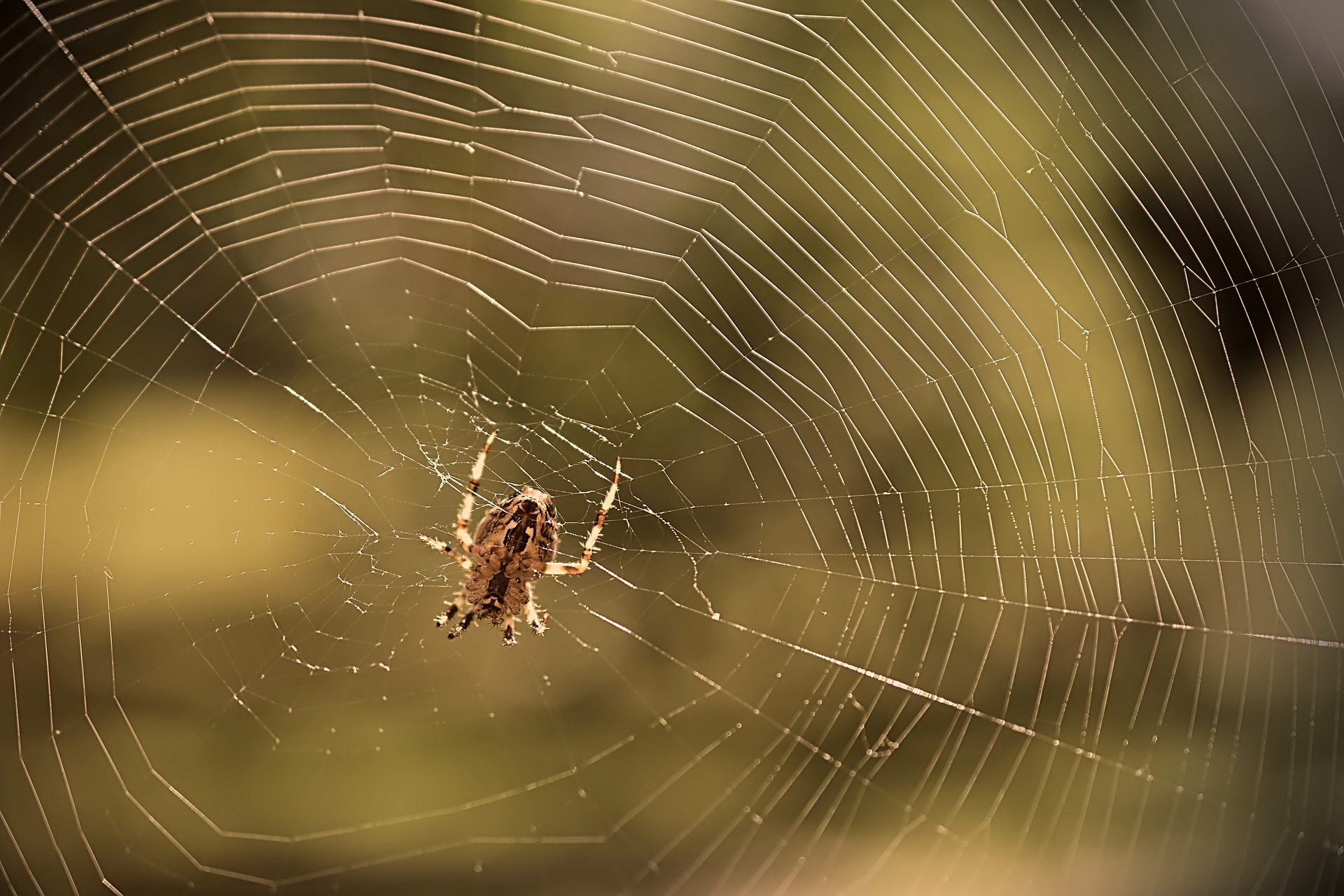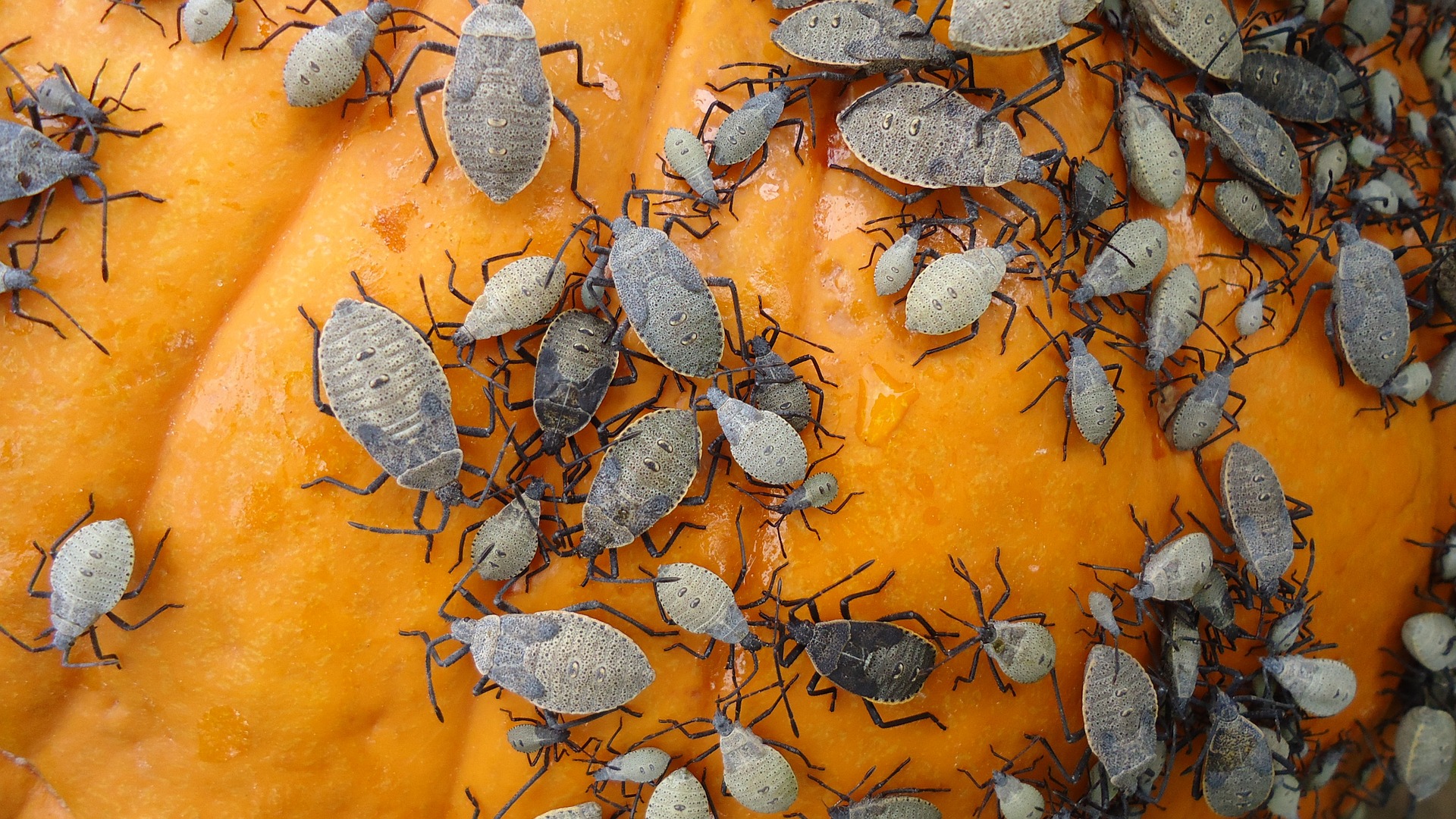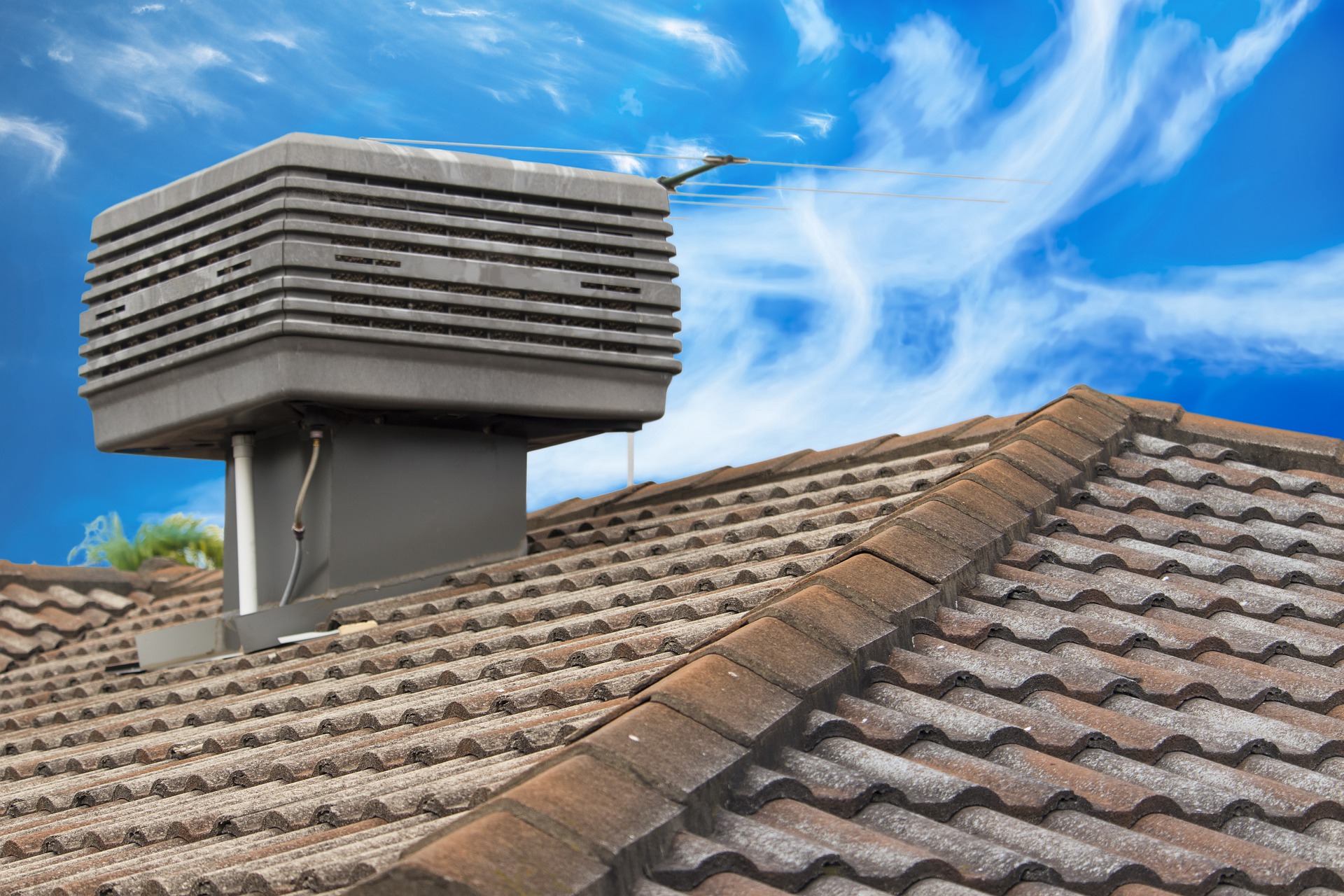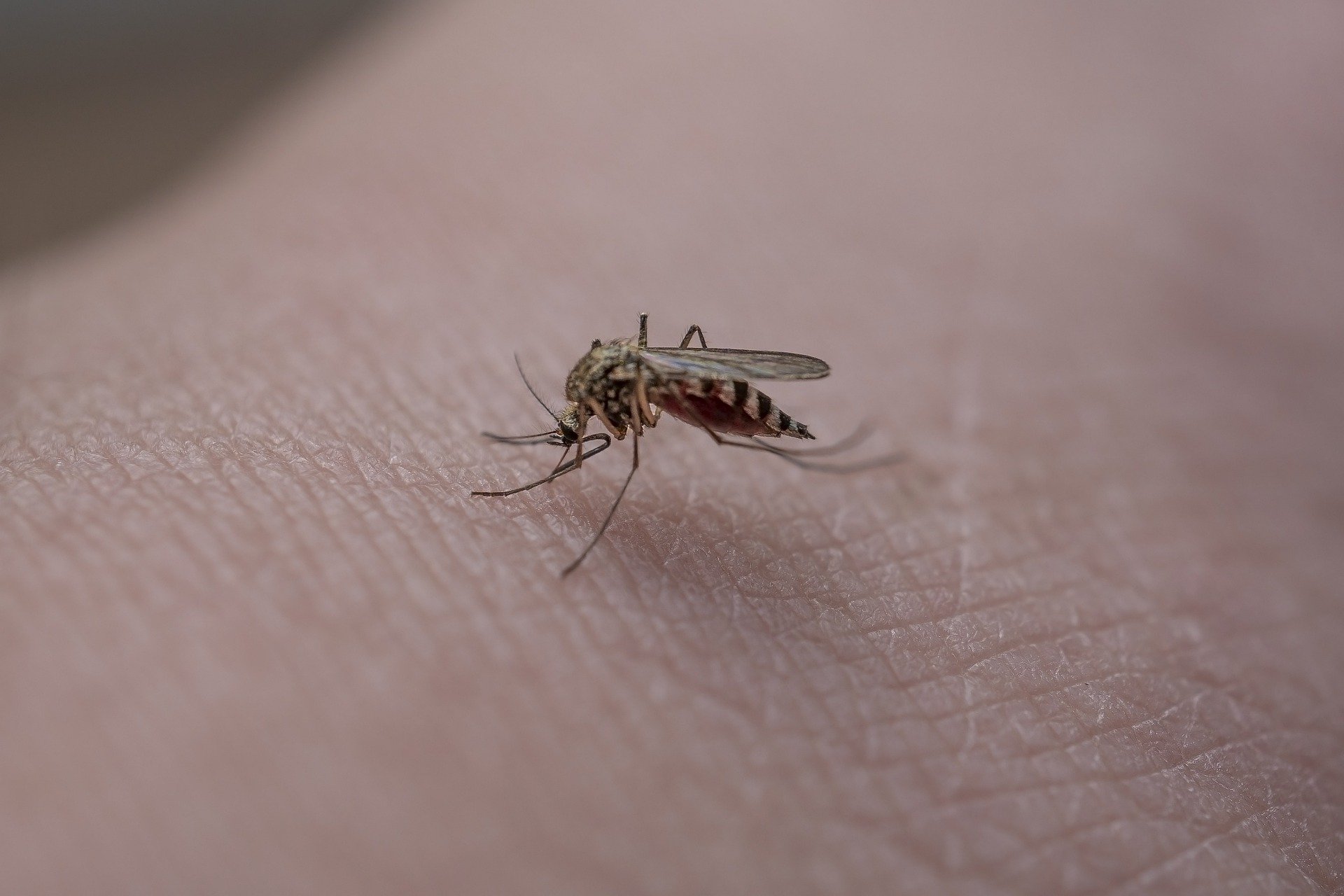Understanding the Threat: Why Termite Prevention is Essential for Homeowners
Termites are one of the most destructive pests that can invade your home. These tiny insects feed on wood, causing extensive damage to the structure of your house. According to the National Pest Management Association, termites cause over $5 billion in property damage each year in the United States alone. This staggering statistic highlights the importance of termite prevention for homeowners.
They are often referred to as “silent destroyers” because they can go unnoticed for years, causing significant damage before their presence is detected. They typically enter homes through cracks in the foundation or by building mud tubes along the walls. Once inside, they feast on wooden structures, including beams, floors, and furniture. This can weaken the integrity of your home and lead to costly repairs.
In addition to the financial burden, termite infestations can also pose health risks. Termites produce droppings called frass, which can trigger allergies and respiratory problems in some individuals. Furthermore, the presence of termites can attract other pests, such as ants and cockroaches, which can further compromise the hygiene and safety of your home.
Natural Remedies: DIY Methods to Keep Termites at Bay
While professional pest control services are available, there are several do-it-yourself (DIY) methods that homeowners can employ to prevent termite infestations. One natural remedy is the use of orange oil. Orange oil contains a compound called d-limonene, which is toxic to termites. By applying orange oil to infested areas, homeowners can effectively kill termites and deter them from returning.
Another natural remedy is the use of neem oil. Neem oil is derived from the seeds of the neem tree and has insecticidal properties. By mixing neem oil with water and spraying it on wooden surfaces, homeowners can create a protective barrier against termites. Neem oil not only repels termites but also disrupts their reproductive cycle, preventing further infestations.
Vinegar is another readily available natural remedy that can help in termite prevention. Termites are repelled by the strong odor of vinegar. By mixing equal parts of vinegar and water and spraying it on infested areas, homeowners can deter termites from entering their homes. However, it is important to note that vinegar is only effective as a preventive measure and may not eliminate an existing infestation.
Building Barriers: Effective DIY Termite Prevention Techniques
Building physical barriers is an effective way to prevent termites from entering your home. One popular DIY method is the installation of metal mesh screens. These screens can be placed over vents, windows, and other openings to prevent termites from gaining access. The fine mesh size ensures that even the smallest termites cannot pass through.
Another barrier method is the use of sand. Termites are unable to tunnel through sand, making it an effective deterrent. By creating a sand barrier around the foundation of your home, you can prevent termites from entering. It is important to ensure that the sand barrier is at least six inches wide and extends below the soil surface to be effective.
Additionally, using treated wood can act as a barrier against termites. Treated wood is infused with chemicals that repel termites and prevent infestations. When building or renovating your home, consider using treated wood for any structures that come into contact with the ground, such as decks or fences.
Long-Term Solutions: DIY Maintenance Tips to Prevent Termite Infestations
Preventing termite infestations requires ongoing maintenance and vigilance. One important DIY maintenance tip is to keep your home dry. Termites are attracted to moisture, so it is crucial to fix any leaks or plumbing issues promptly. Ensure that gutters and downspouts are functioning properly to divert water away from your home’s foundation.
Regularly inspecting your home for signs of termite activity is another essential maintenance tip. Look for mud tubes, discarded wings, or hollow-sounding wood, as these are indications of a termite infestation. By catching the problem early, you can take immediate action to prevent further damage.
Furthermore, maintaining a clear perimeter around your home can help prevent termite infestations. Trim trees and shrubs to ensure they do not touch the exterior walls of your house. This eliminates potential entry points for termites and also allows for better ventilation, reducing the risk of moisture buildup.
Another long-term solution is the use of termite-resistant materials. When replacing or repairing wooden structures, consider using materials such as concrete, steel, or plastic, which are less susceptible to termite damage. These materials can provide an added layer of protection against future infestations.
In conclusion, termite prevention is essential for homeowners to protect their homes from the devastating effects of these destructive pests. By understanding the threat that termites pose, homeowners can take proactive measures to prevent infestations. Natural remedies, such as orange oil, neem oil, and vinegar, can be effective in deterring termites. Building physical barriers, such as metal mesh screens and sand barriers, can also prevent termites from entering. Long-term solutions, such as maintaining a dry home, regular inspections, and using termite-resistant materials, are crucial for ongoing termite prevention. By implementing these DIY methods, homeowners can safeguard their homes and avoid the costly repairs associated with termite damage.





